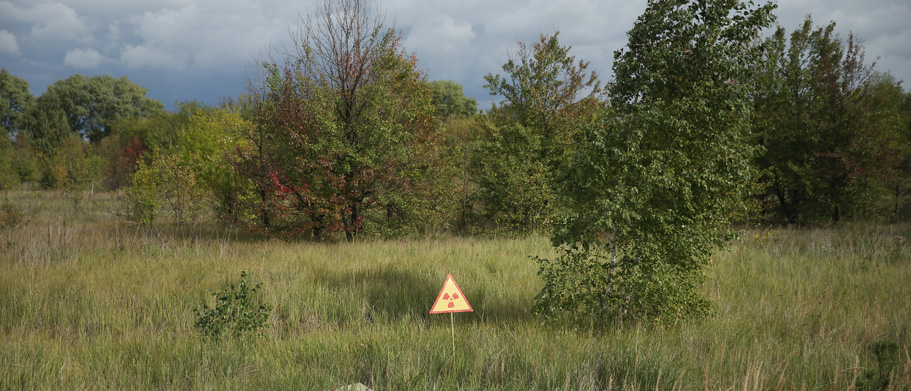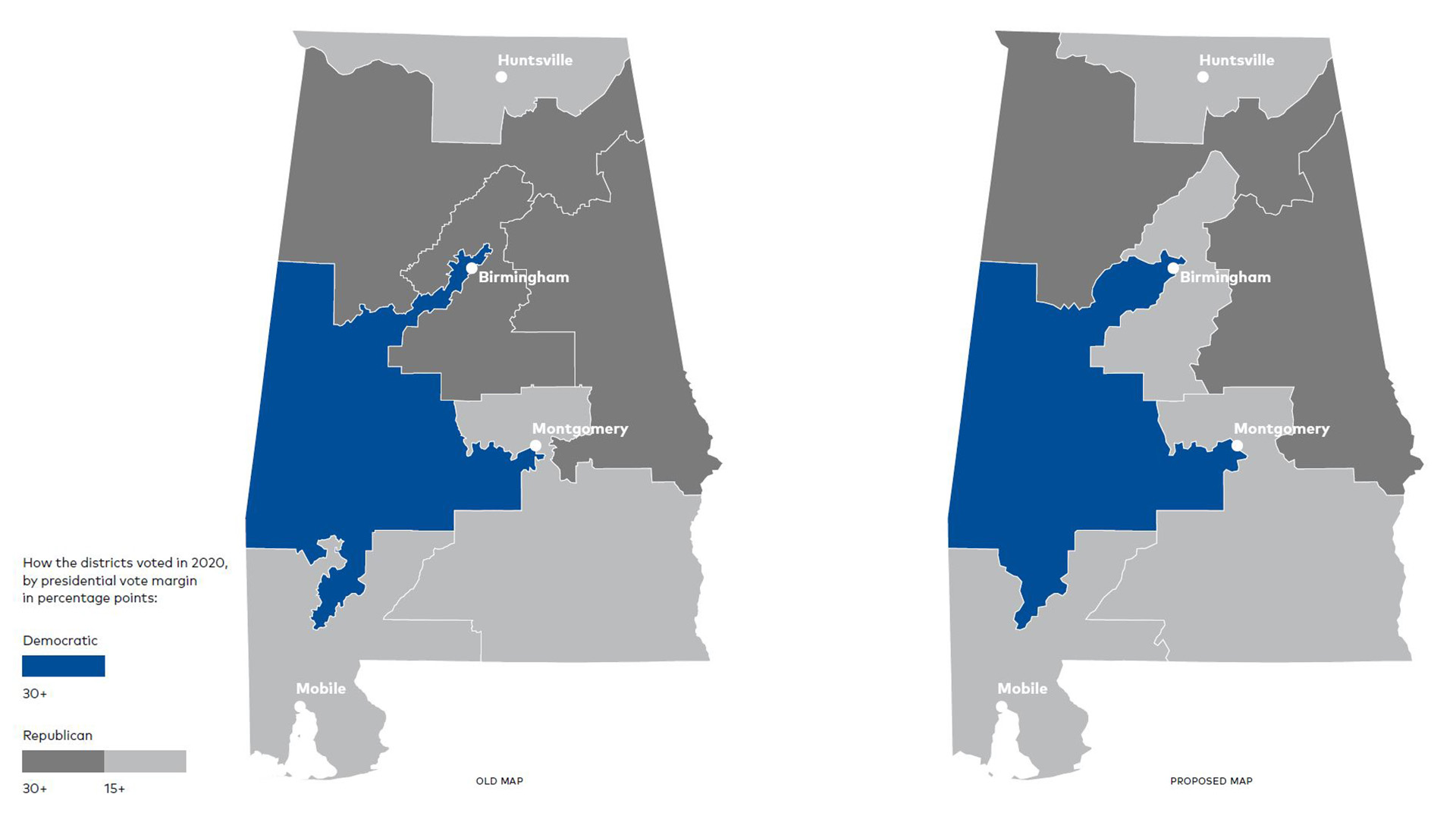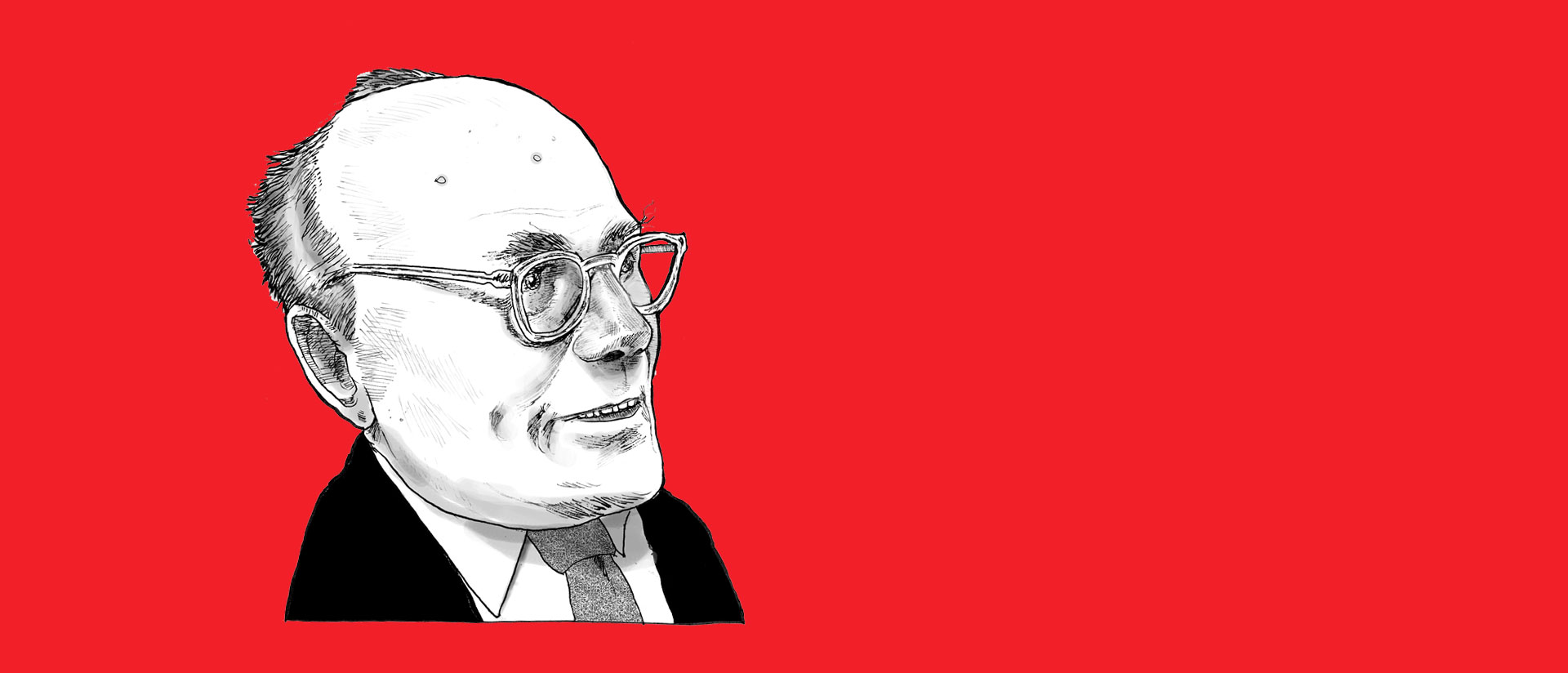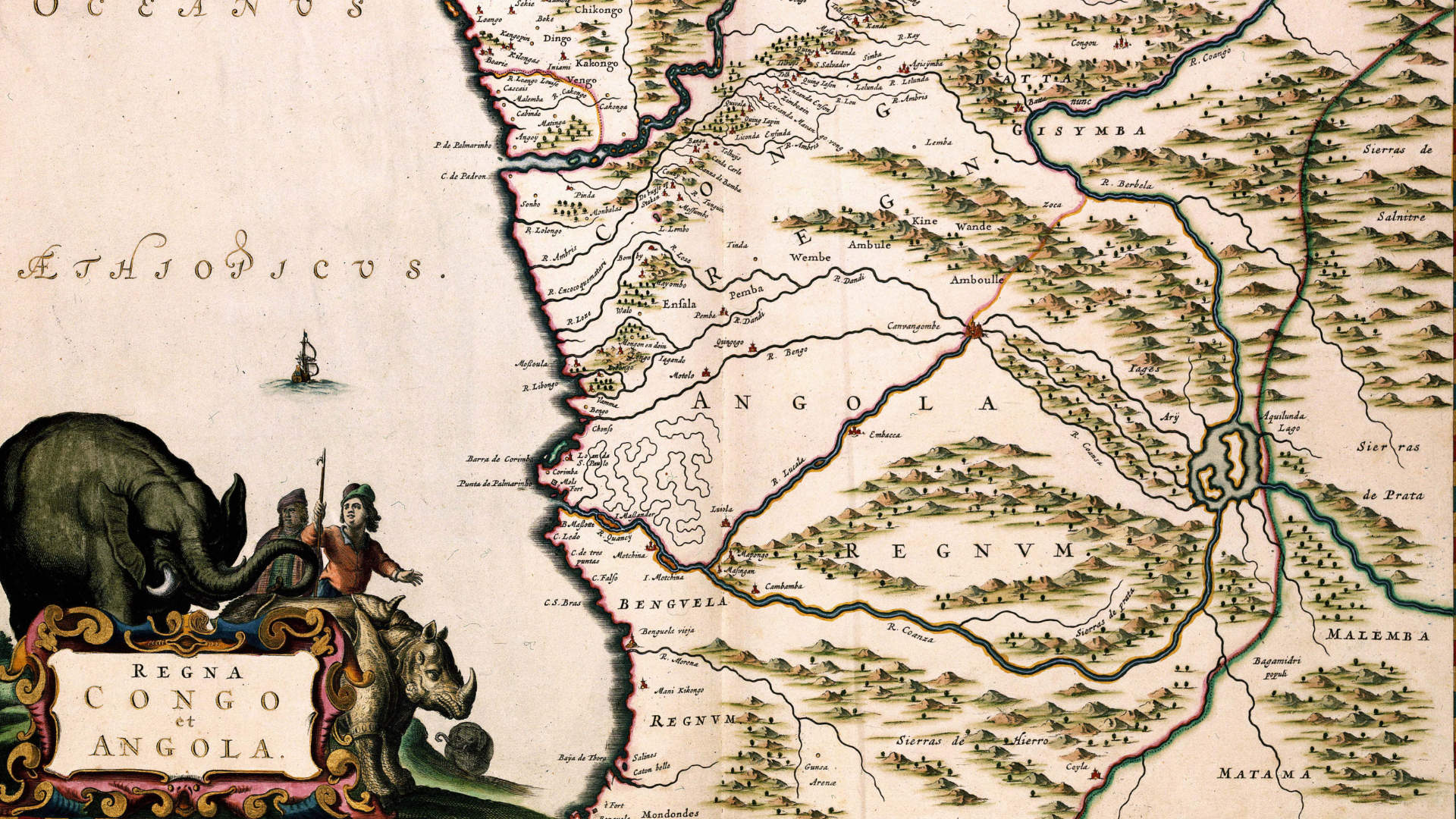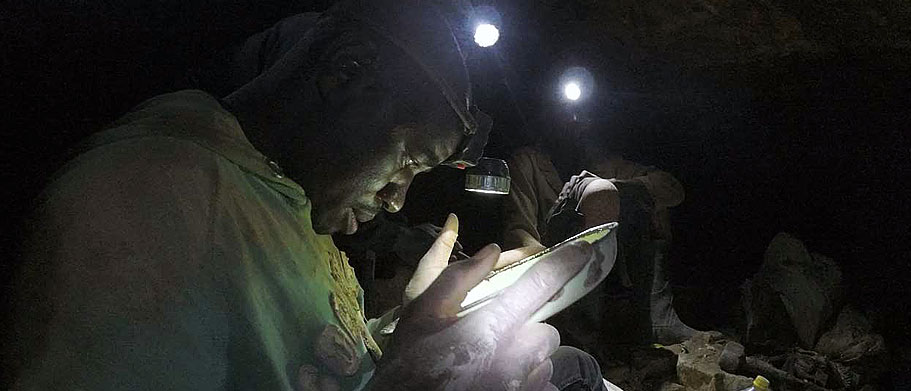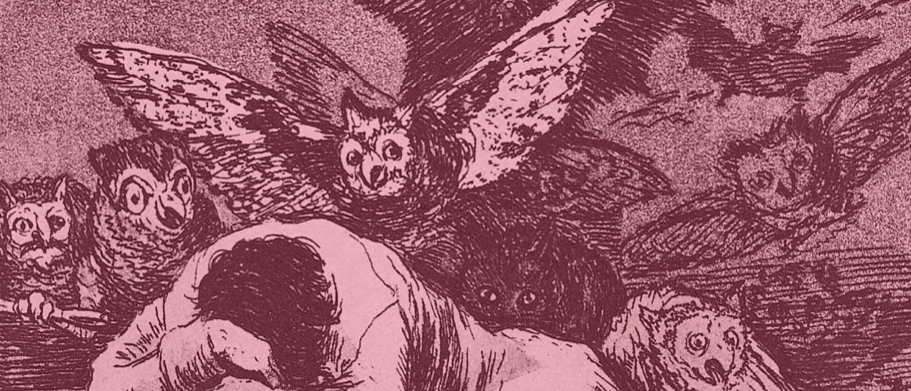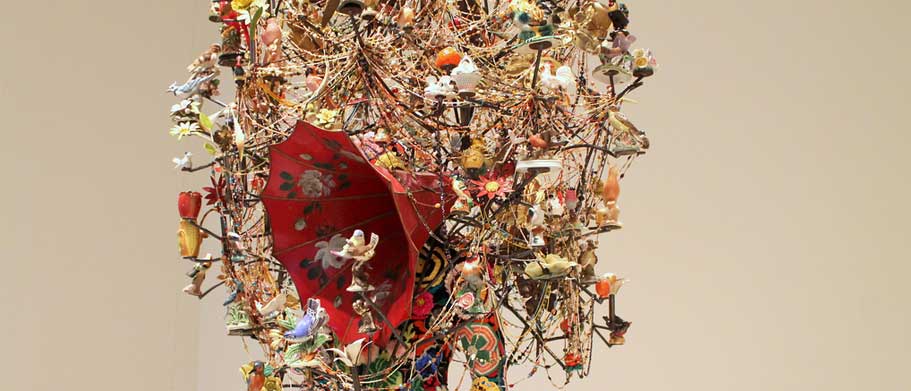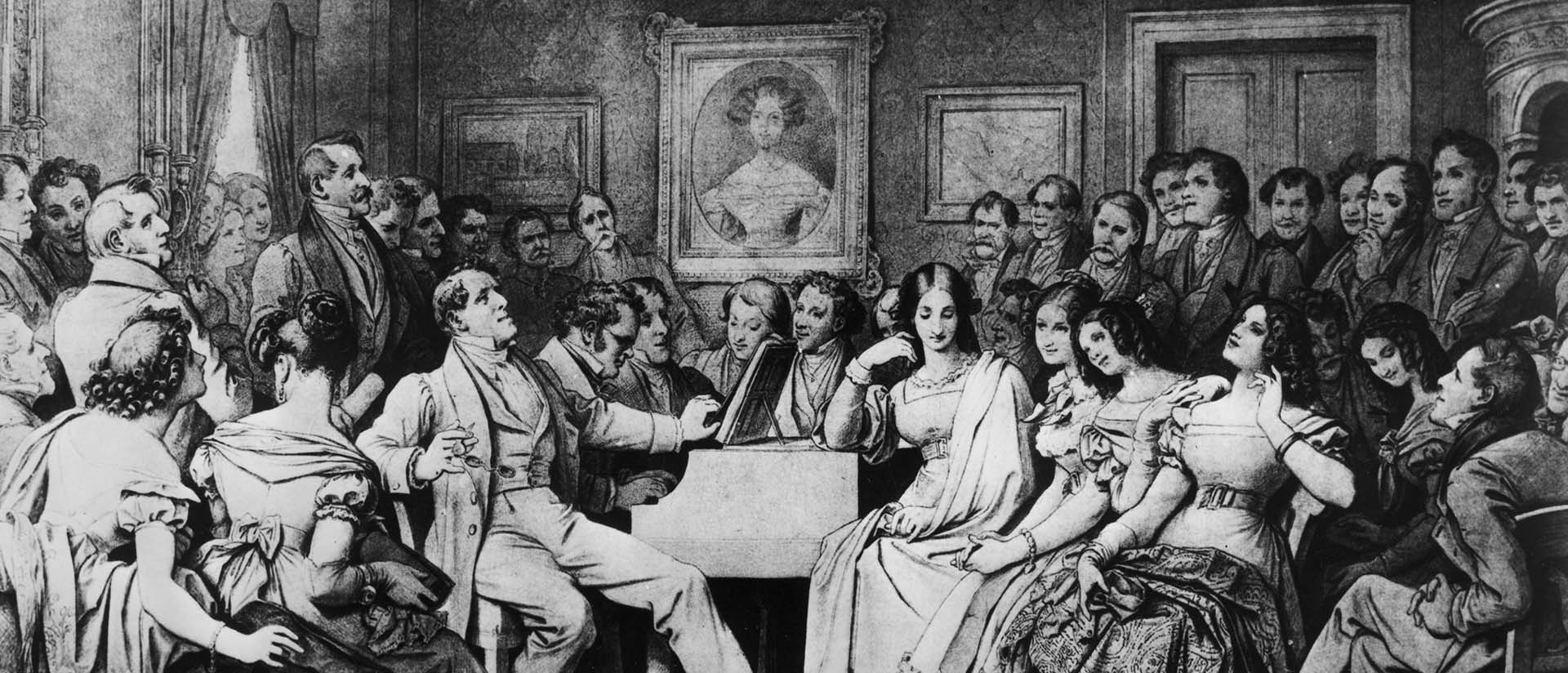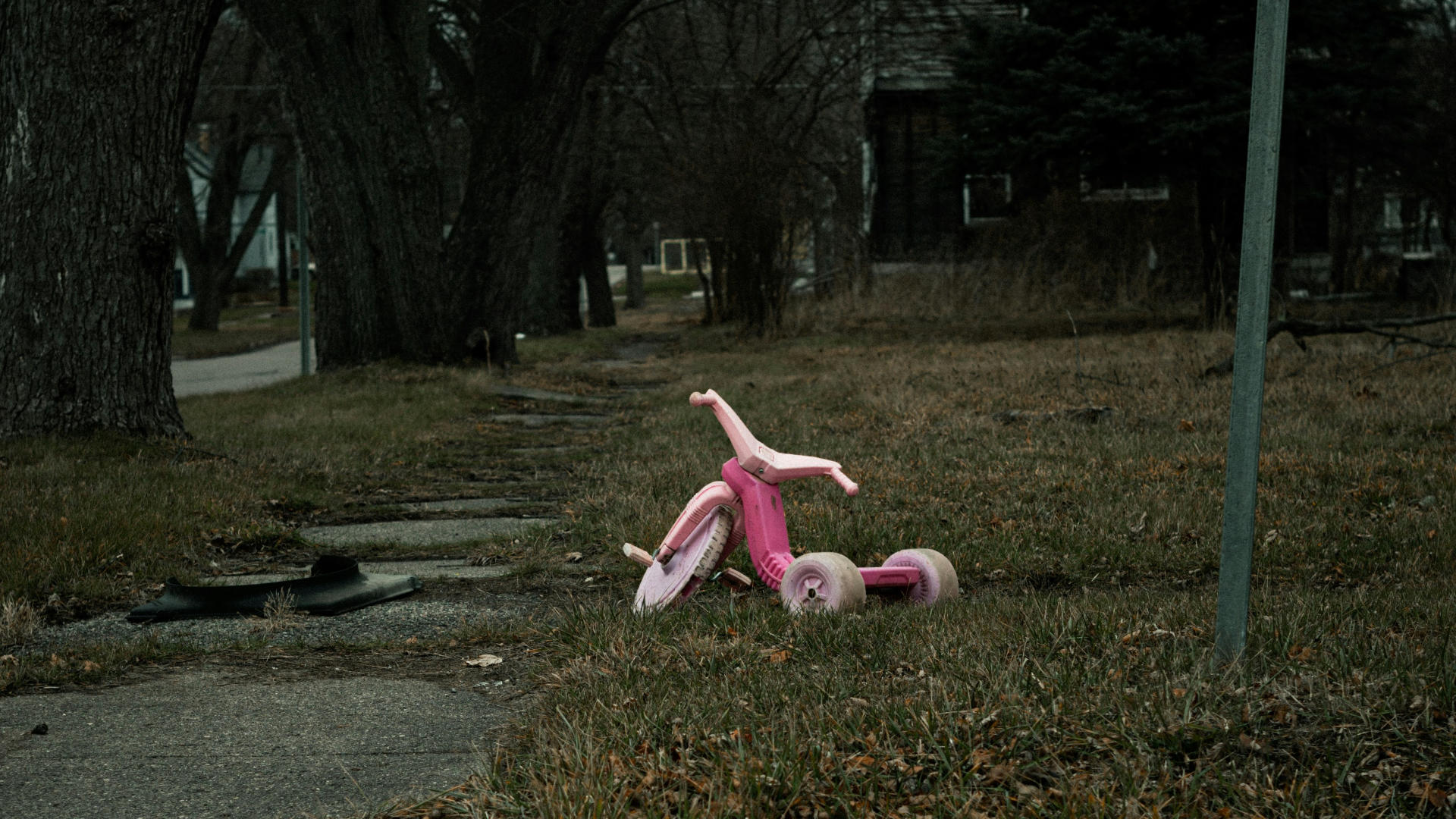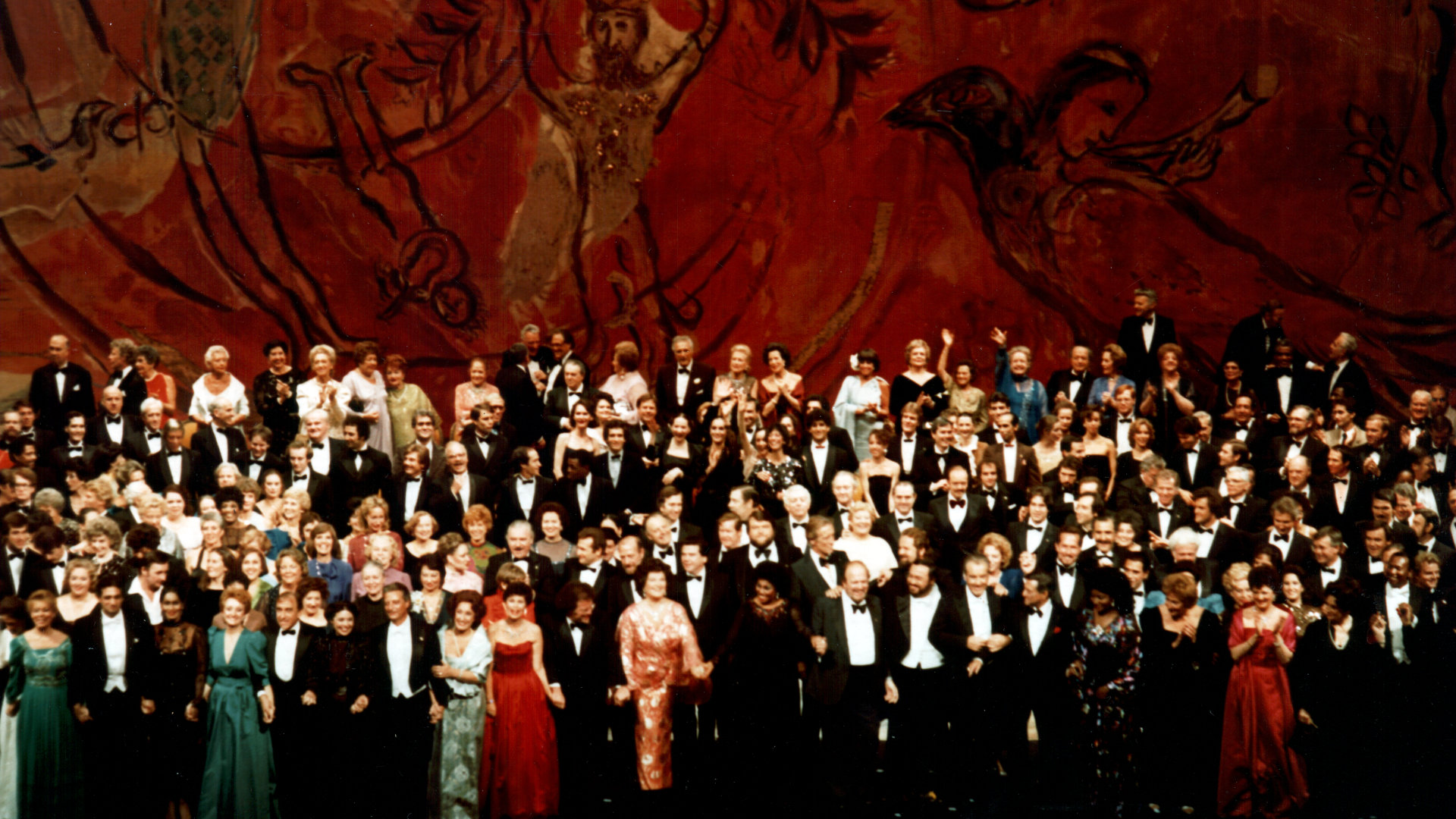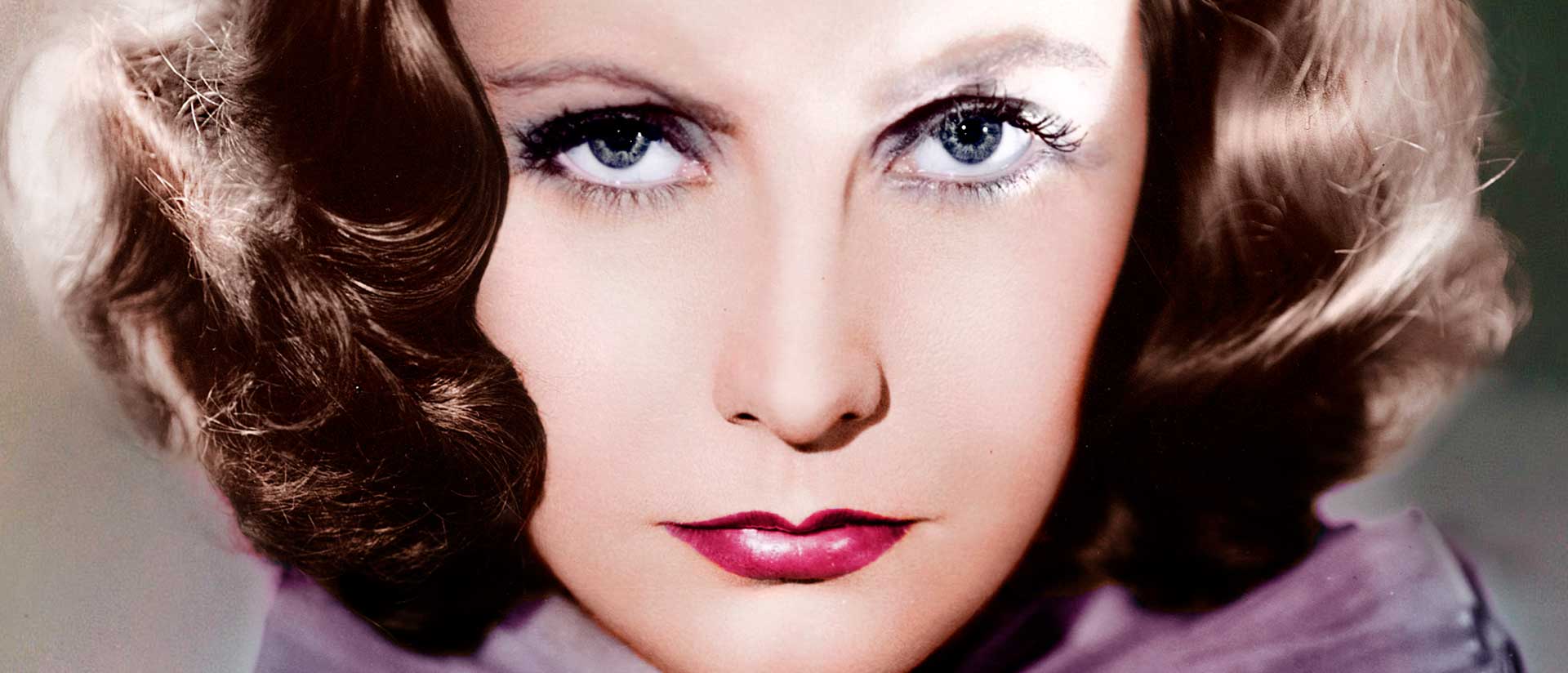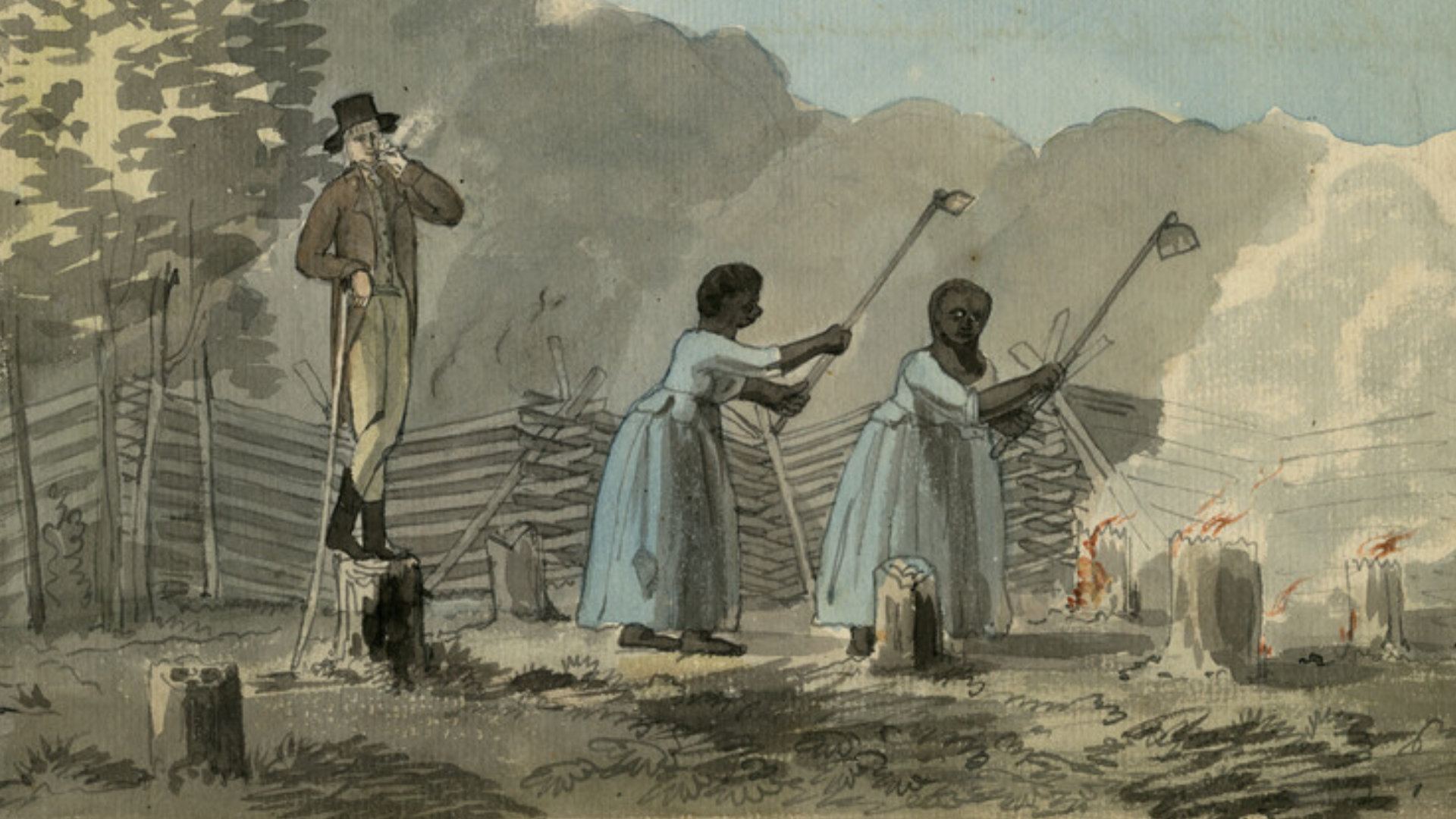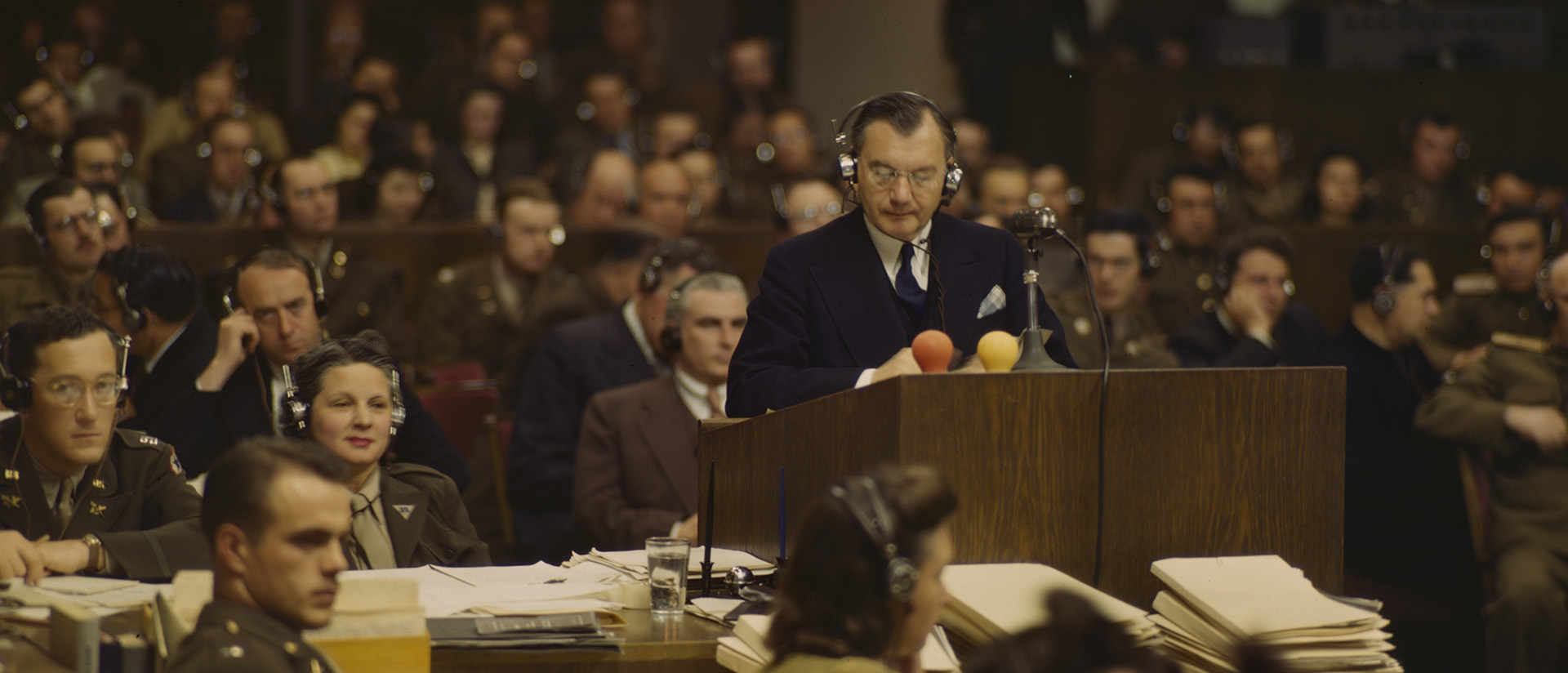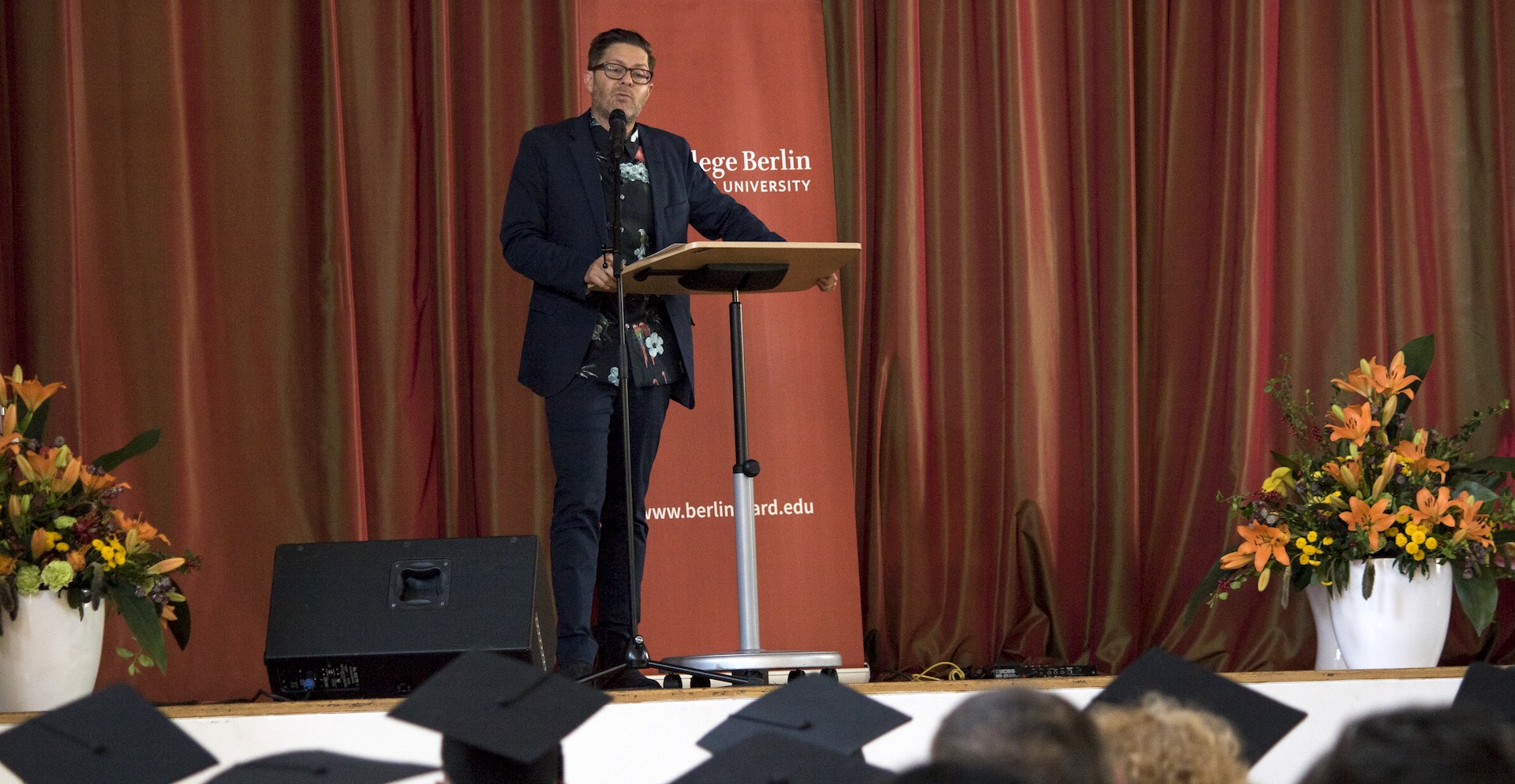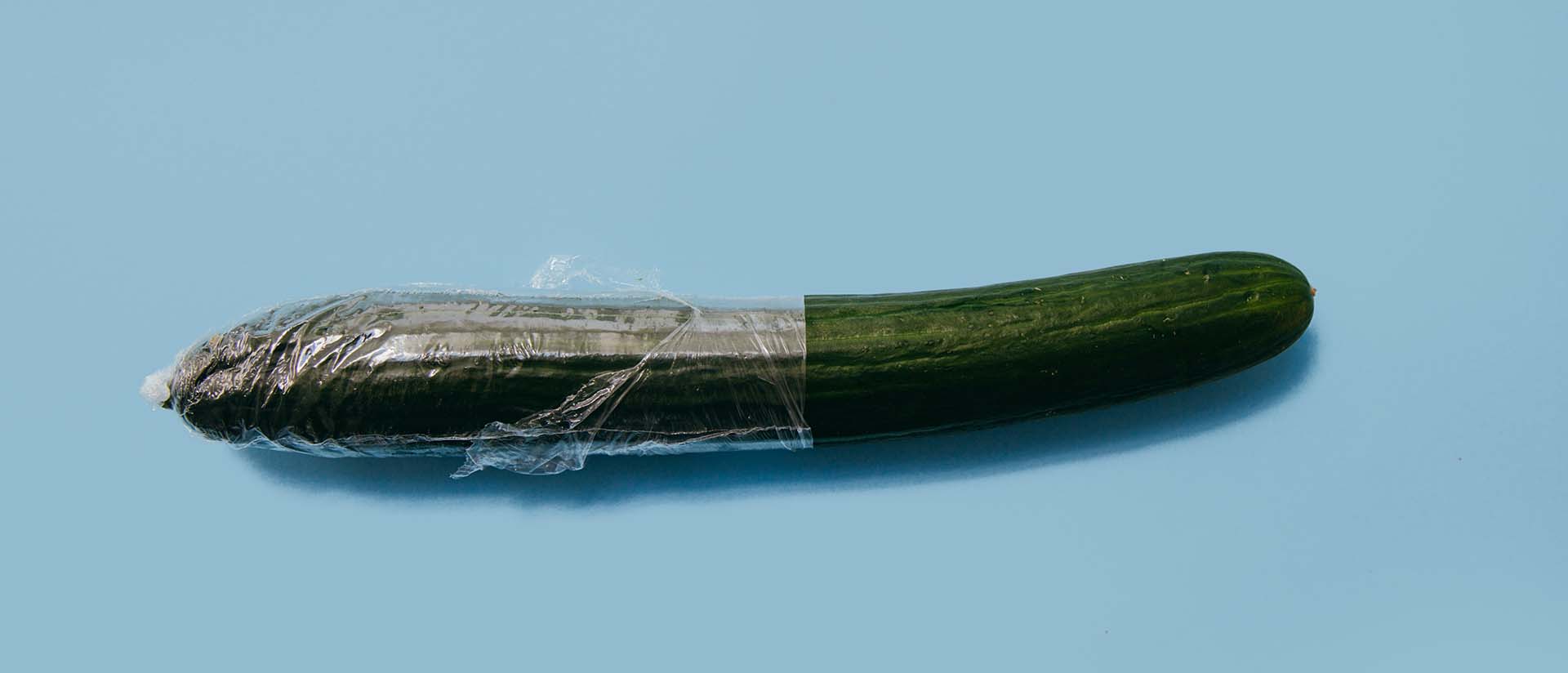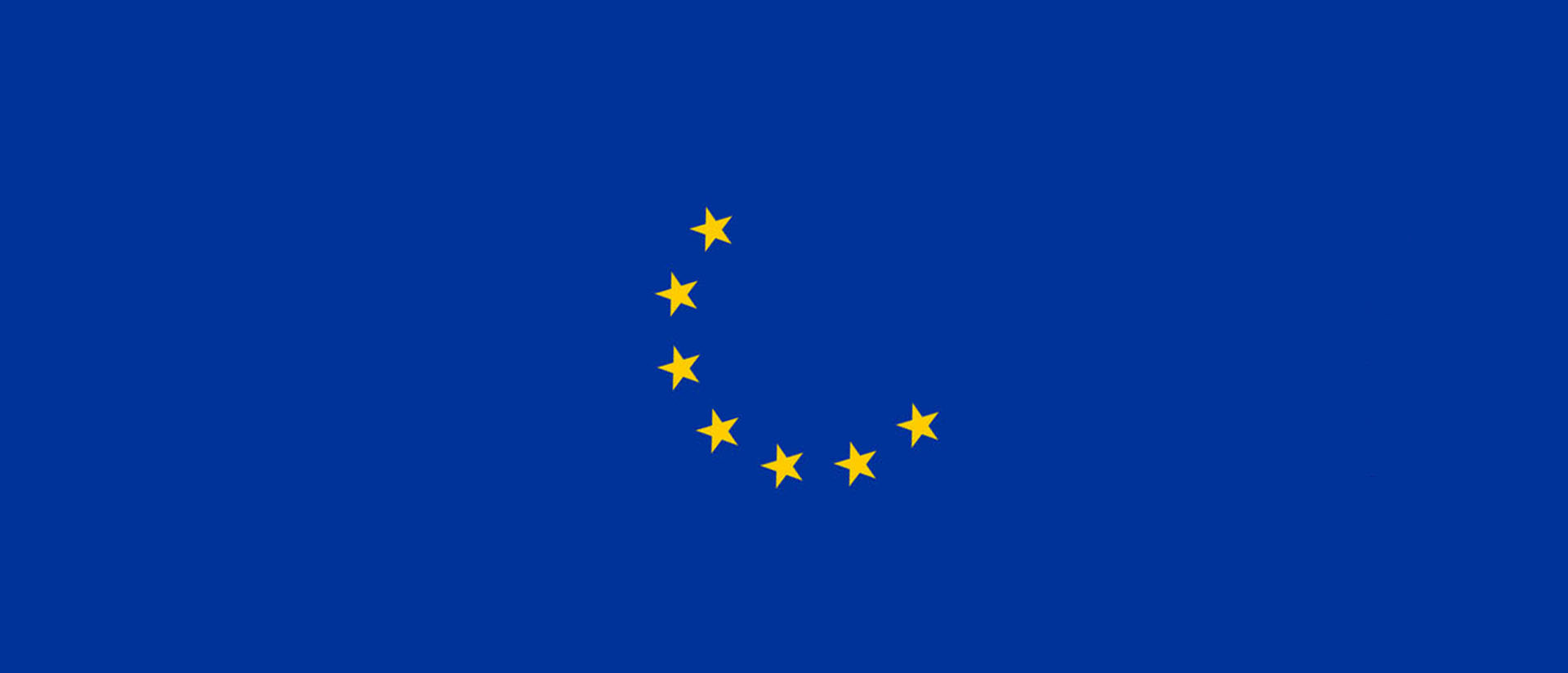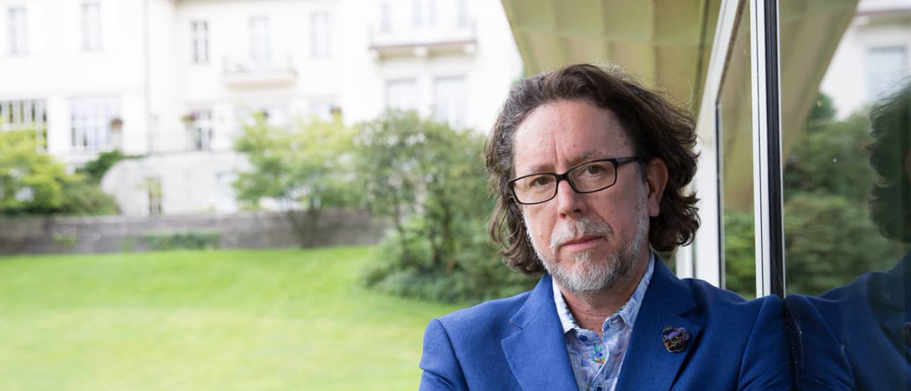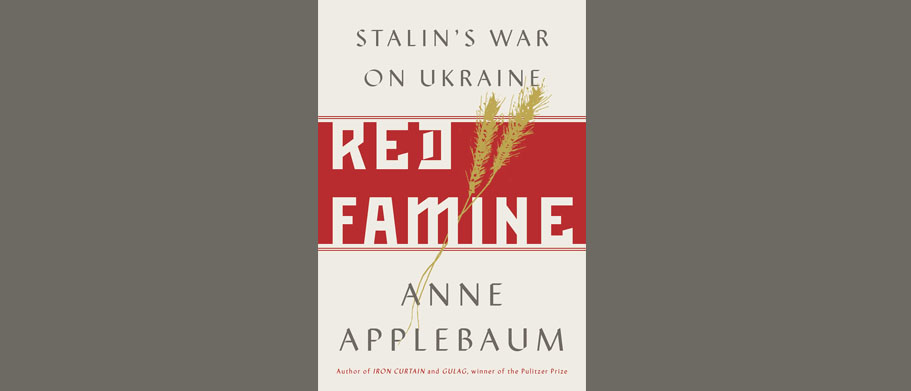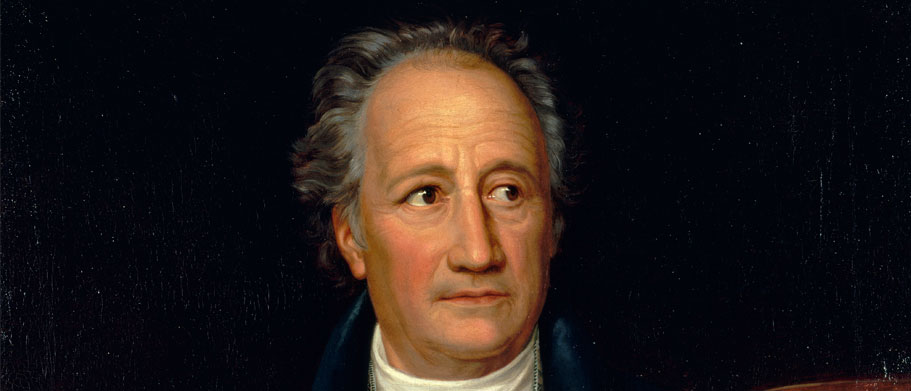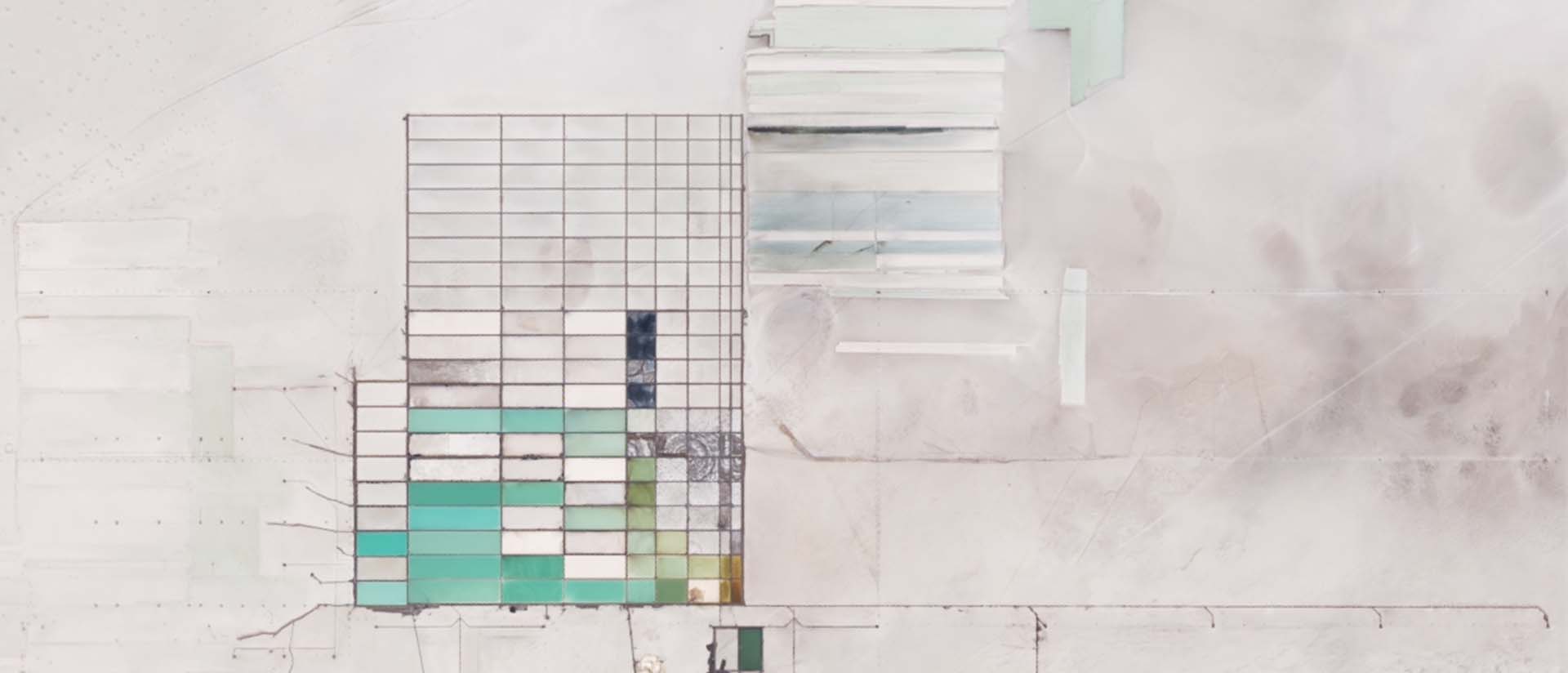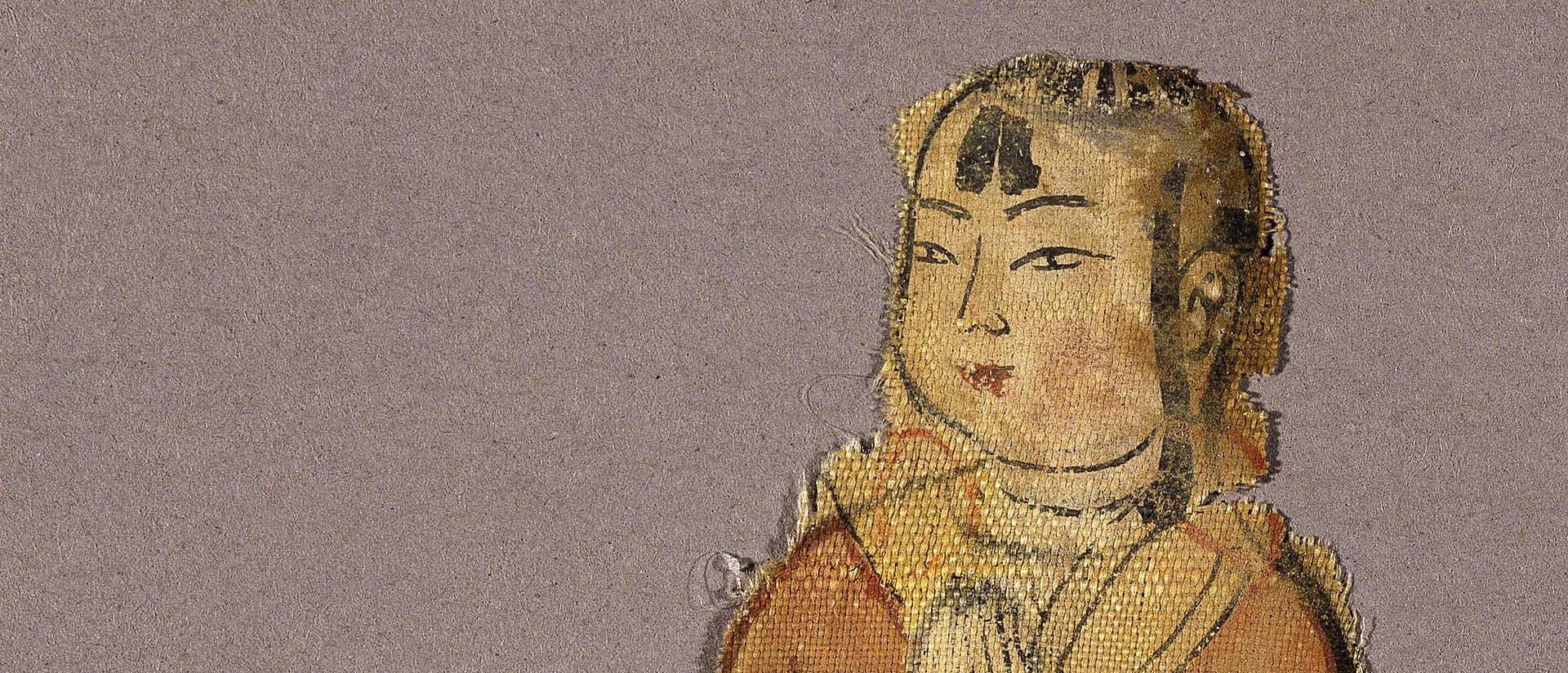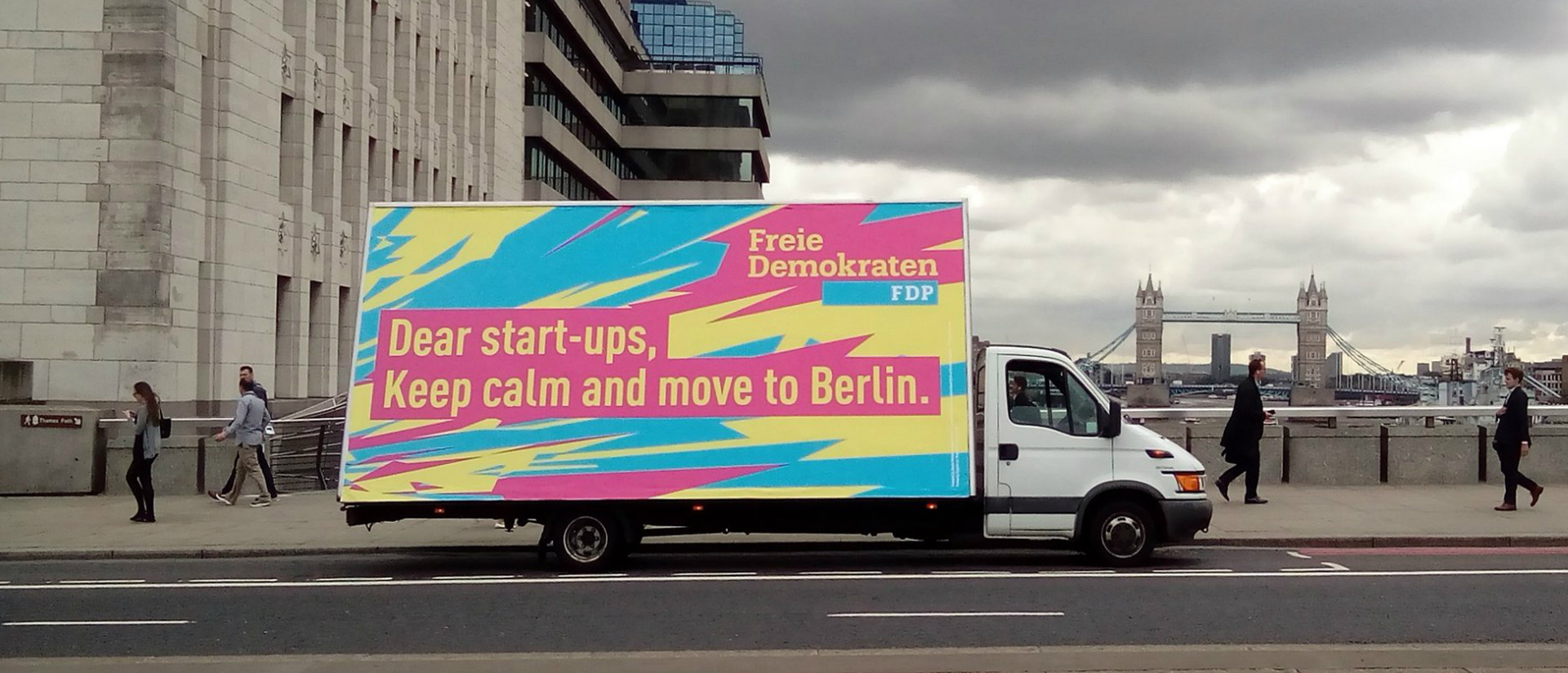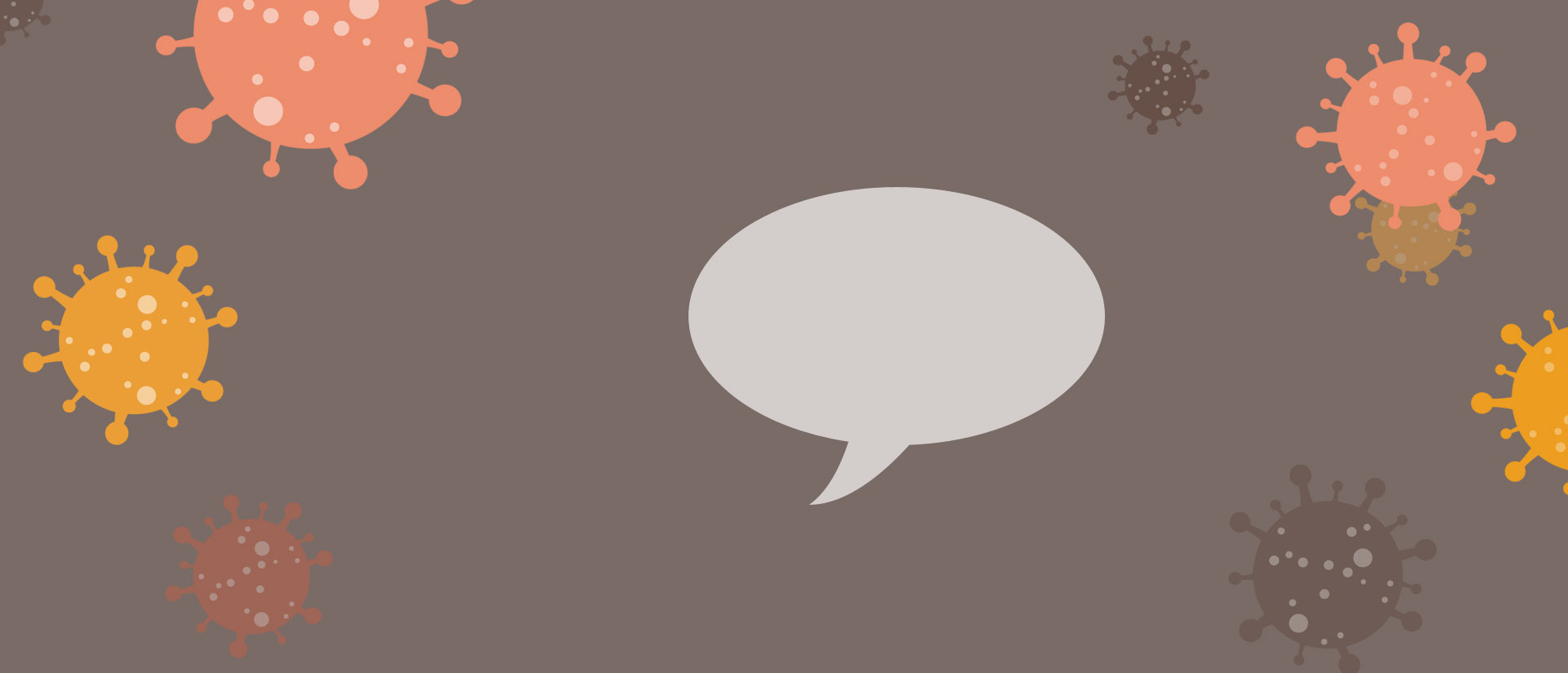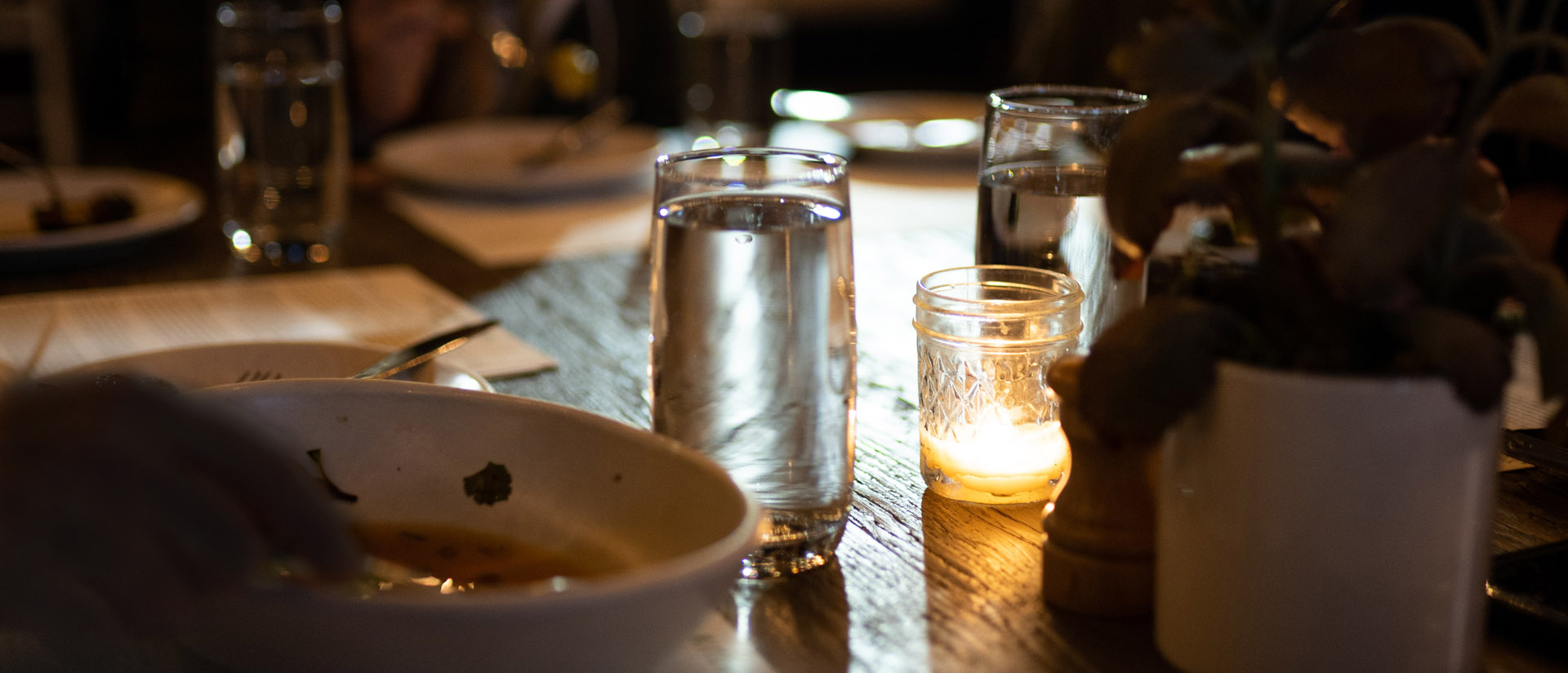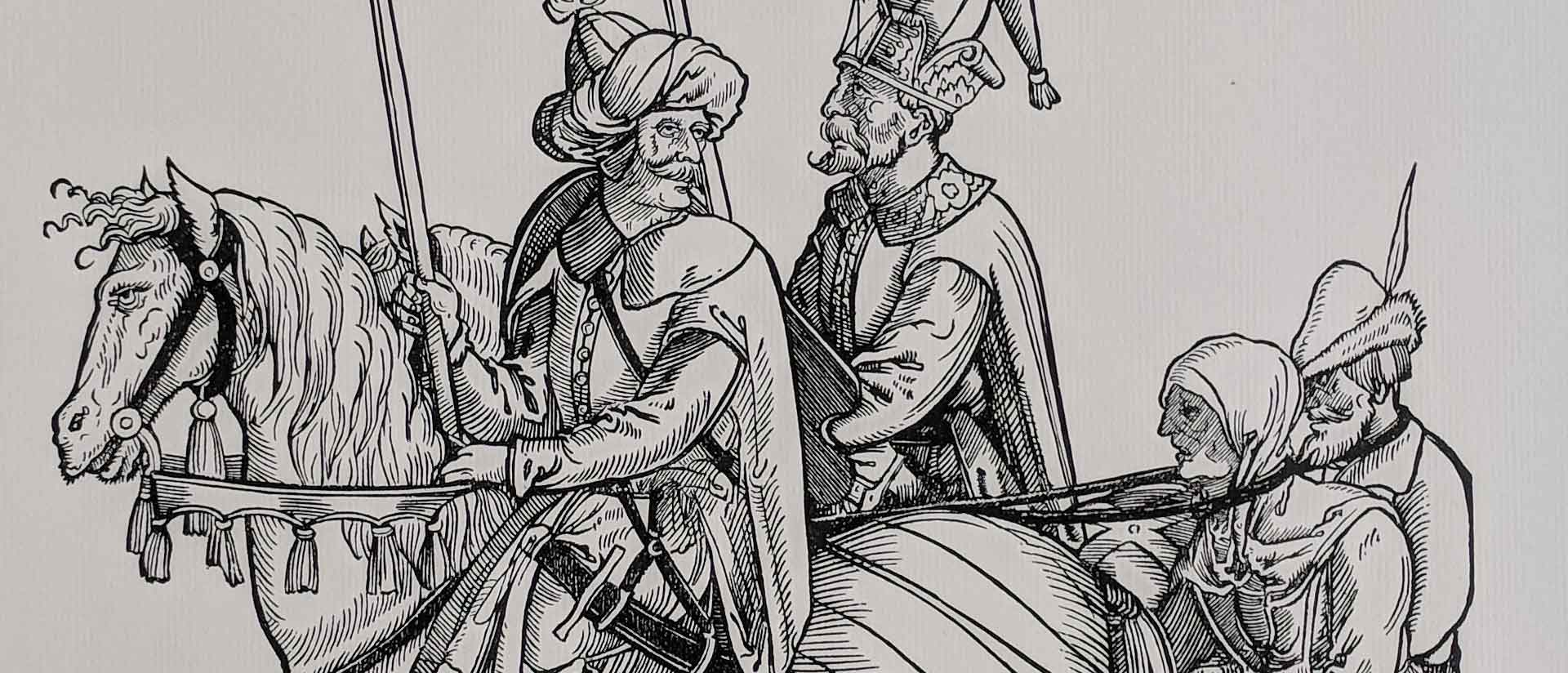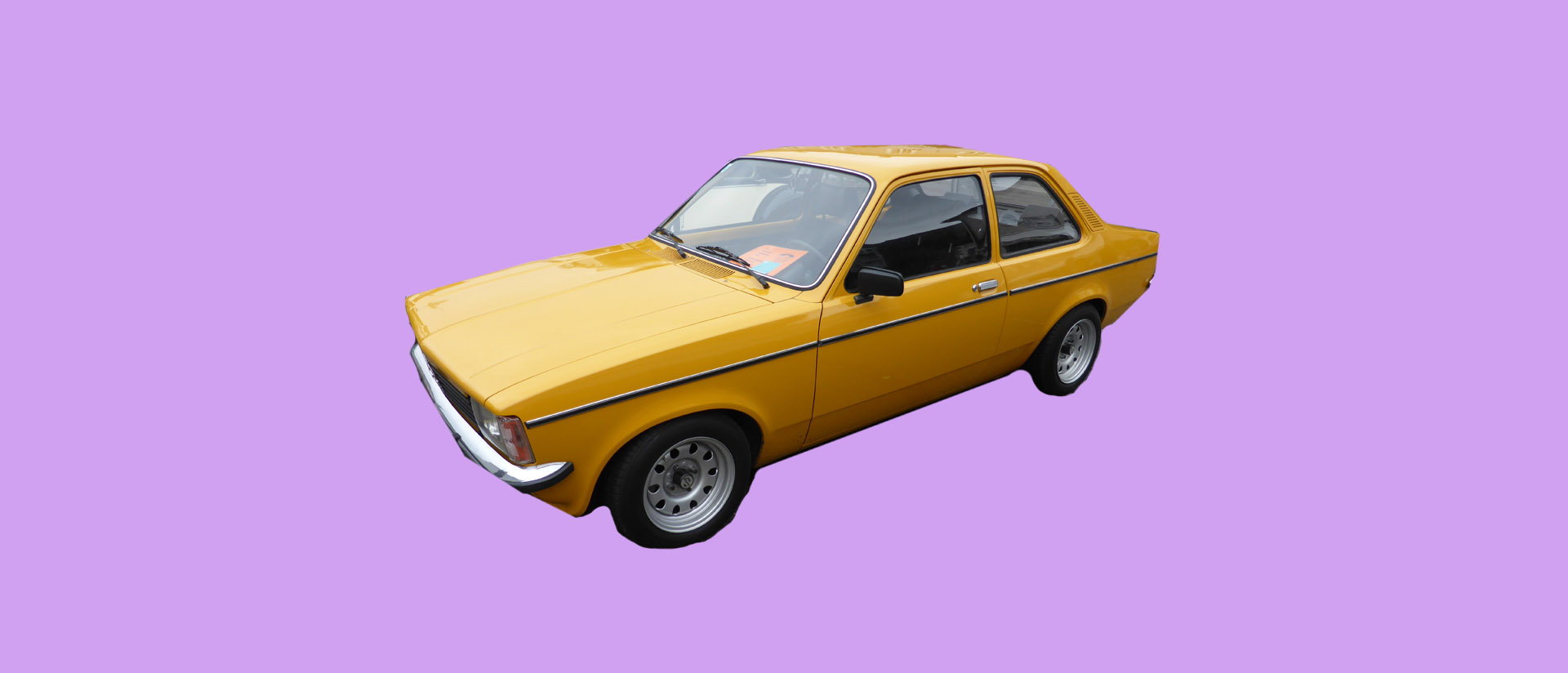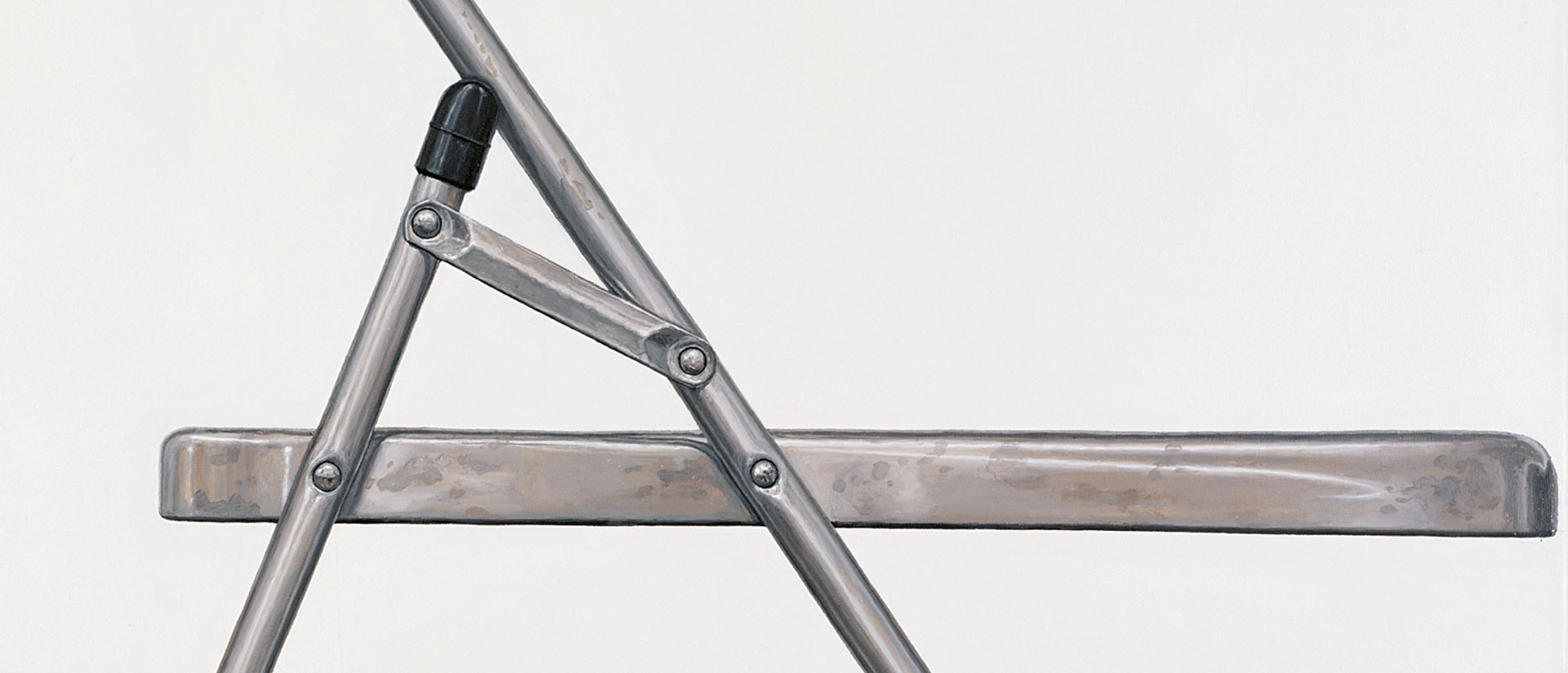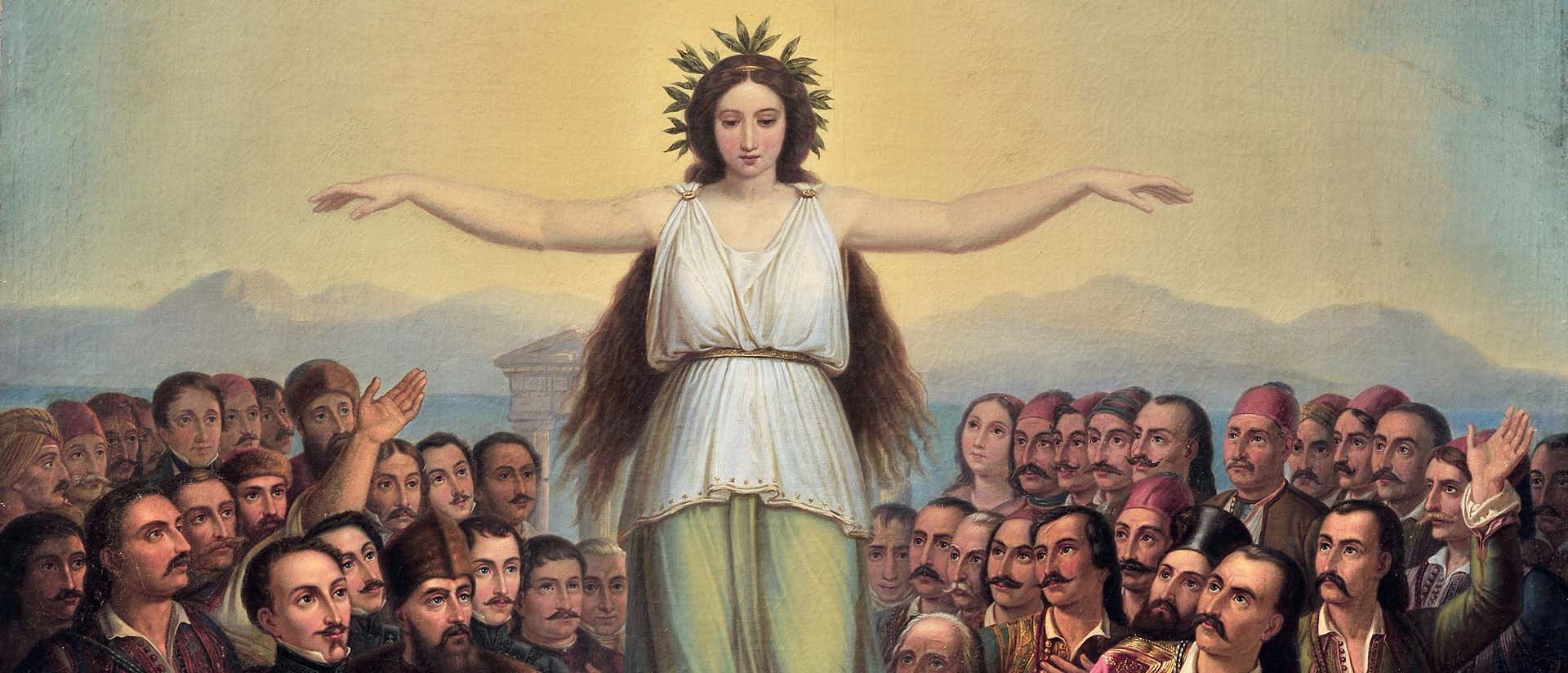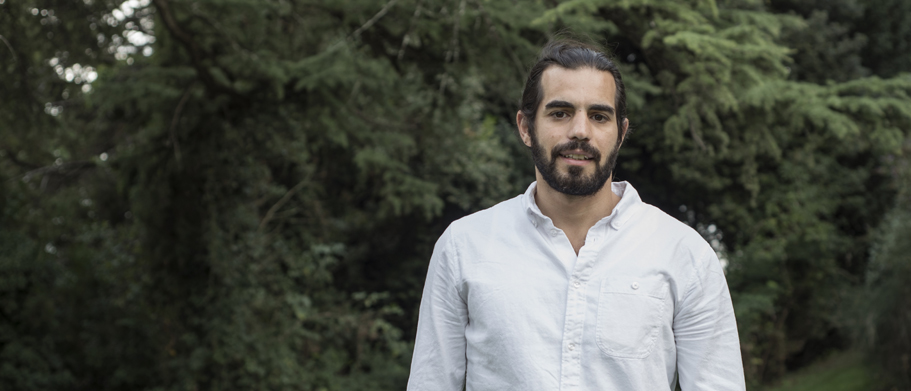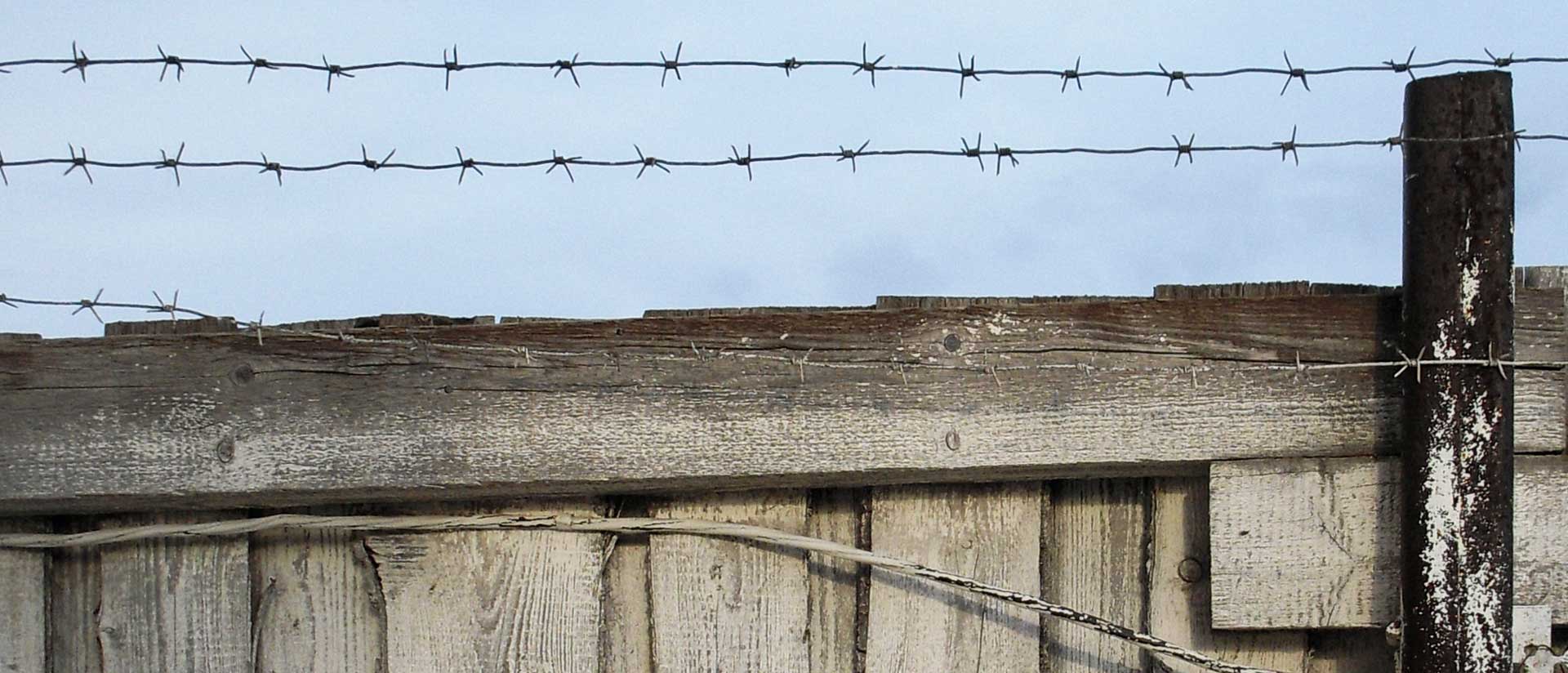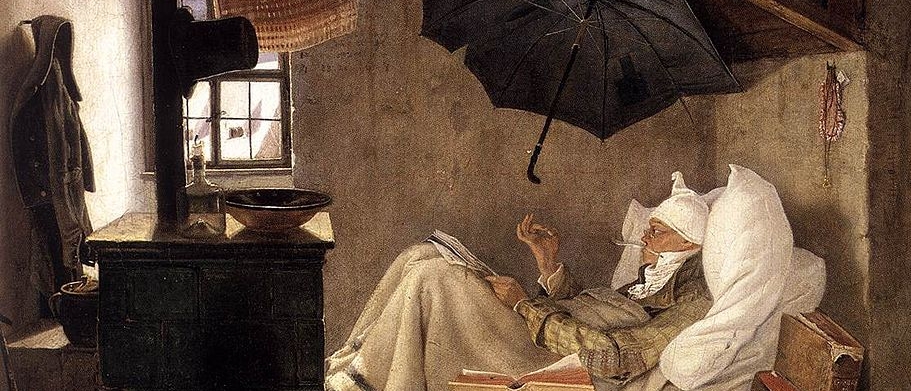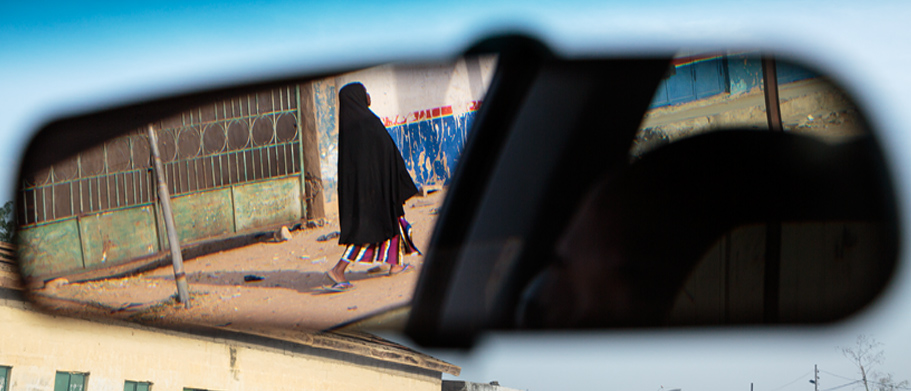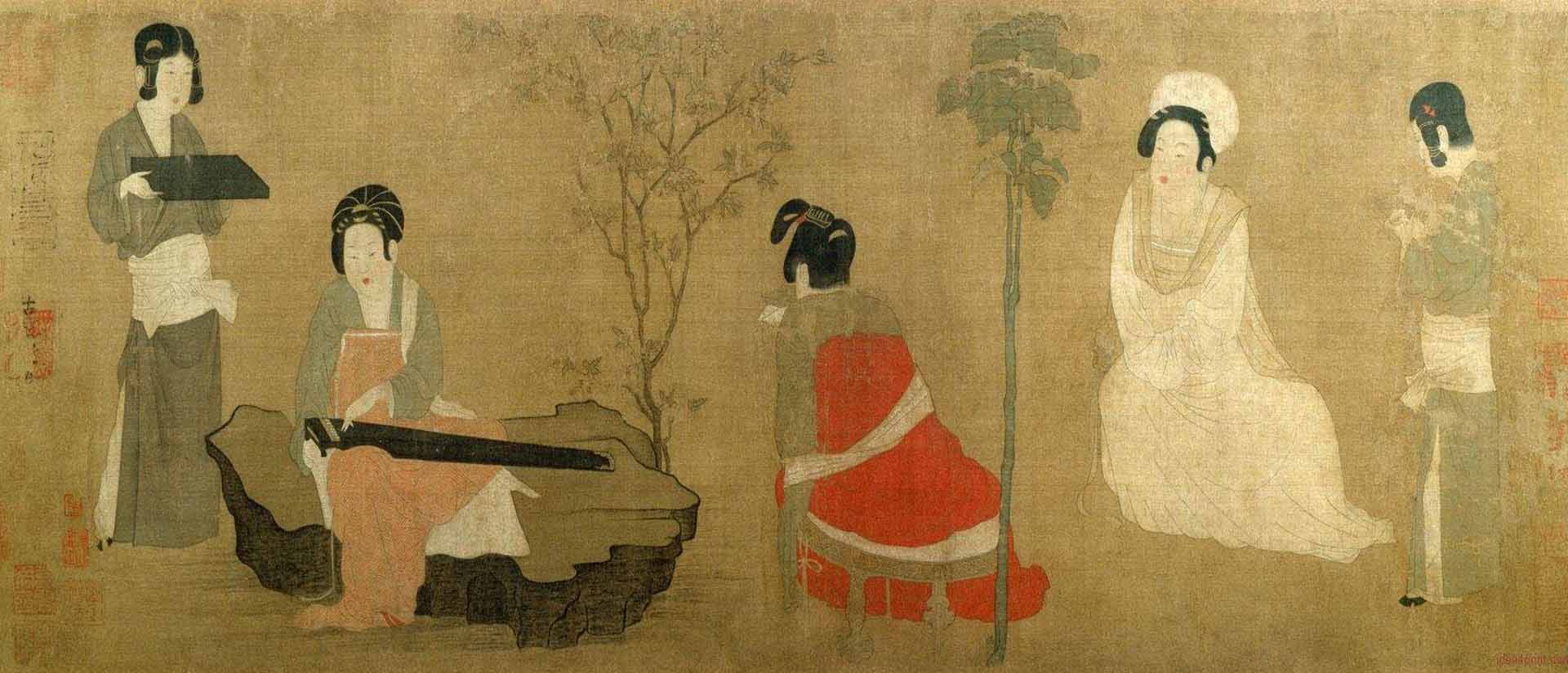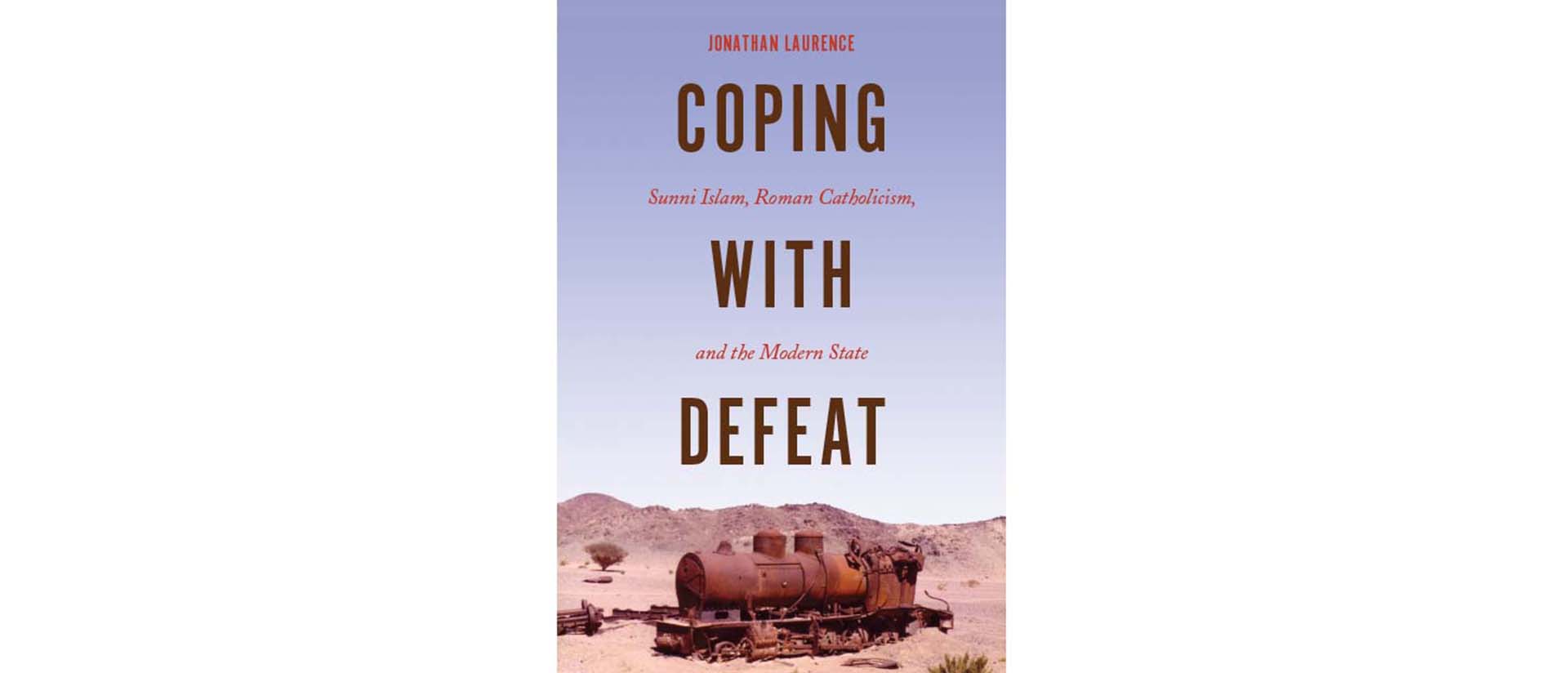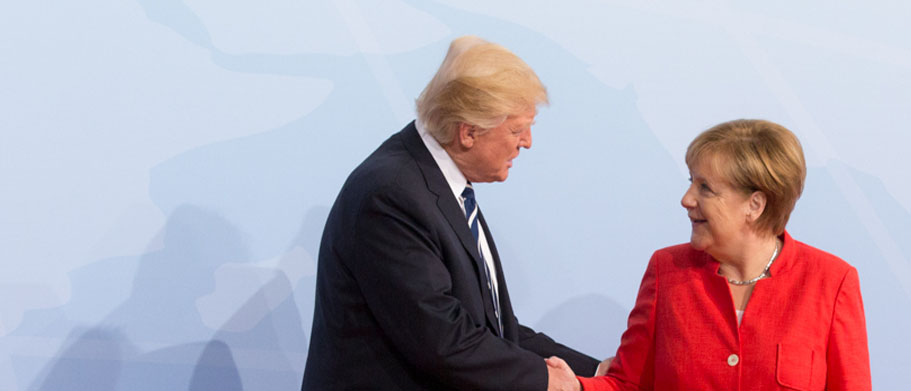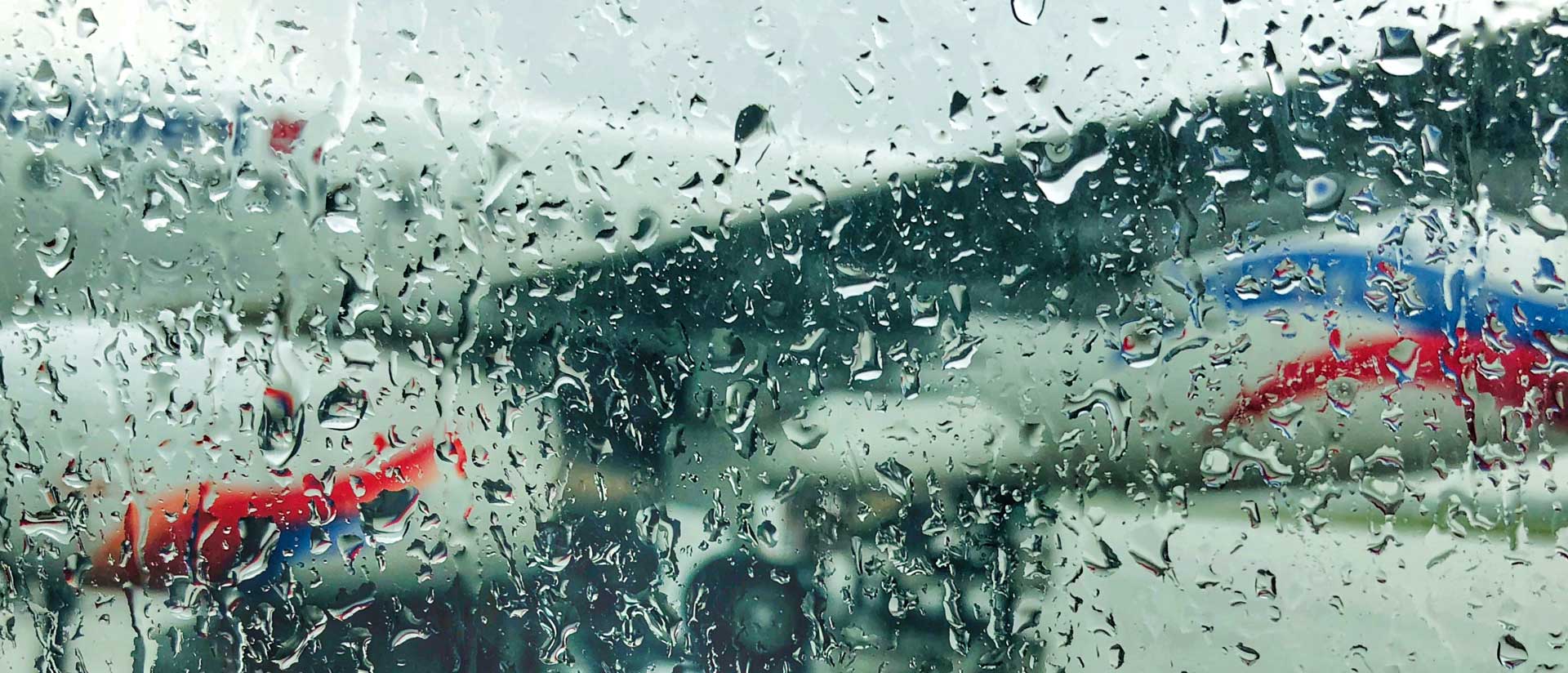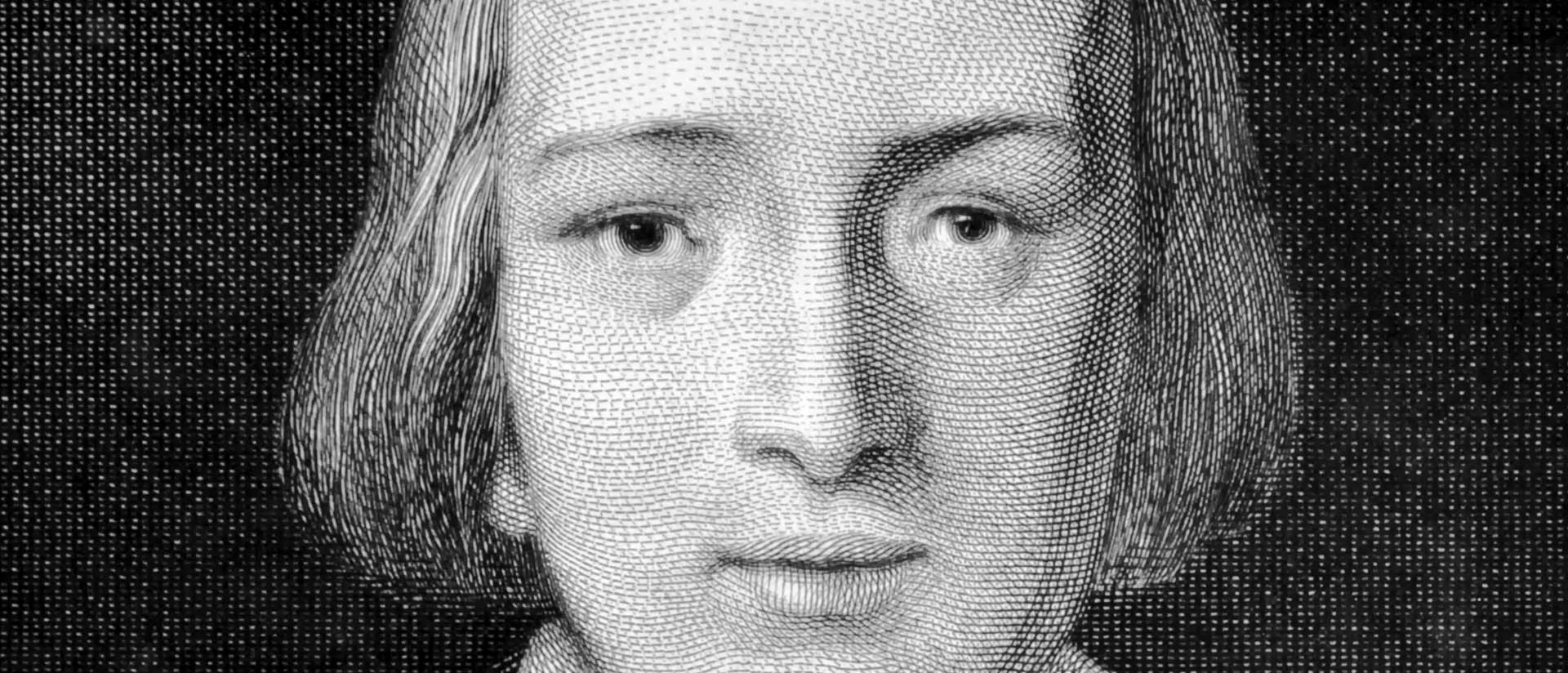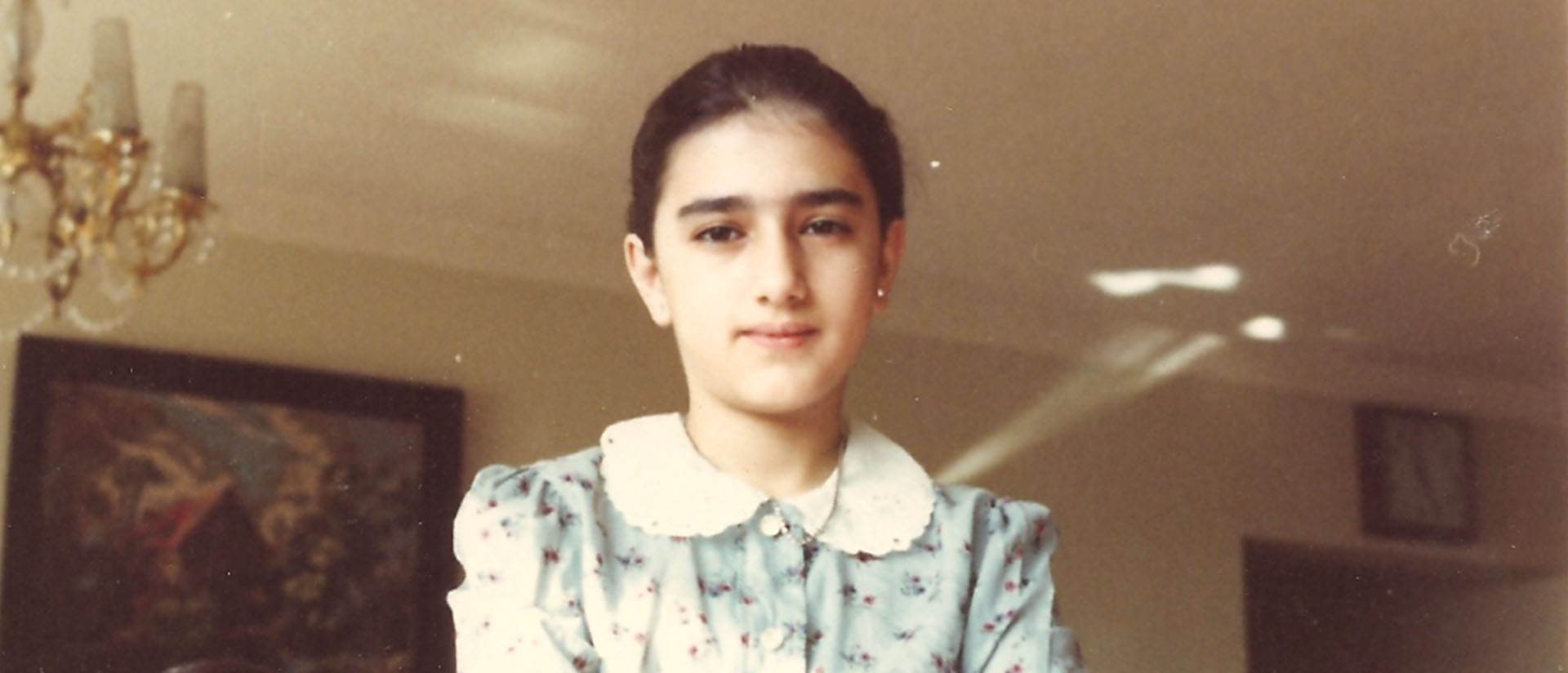
Someone’s Daughter
Recollecting the revolution in Tehran
by Naghmeh Sohrabi
“They arrested Qotbzadeh,” Rahaa said, ignoring the thud of my heavy book bag, which I just dropped on the floor. “Move over,” I said, and shoved myself into the bench next to her. “Who?!” I asked, and then, hesitantly, “Was he a communist?” Rahaa sent me a sideways glance of disappointment: “Of course not, you donkey,” she said, shaking her head.
Rahaa was my best friend in fourth grade. The first friend I made in my new school. She had big brown eyes and an oval face and carried an air of sophisticated intellectualism. I felt a magnetic pull towards my new friend, who not only had political thoughts but flaunted them whenever she could, which, in 1982 Iran, was often. She had revealed to me early on in our friendship that she came from a family of communists. “My father, my older sisters, even I myself am a member of the Tudeh party,” she had told me in a whisper as we stood in the middle of the playground at recess. “The Revolutionary Guards have even come to our house looking for party pamphlets.” I was star-struck and confused.
My own family was the opposite of Rahaa’s. As far as I could tell, the only time my parents came even close to political activity was when they checked out a meeting of the Confederation of Iranian Students on their university campus in Los Angeles. I was six, and my father had swung me on his shoulders to give me a view of the large conference room teeming with dark haired men and women, all dressed in bell-bottom pants and wide-collared jackets. I had quietly watched as the arguments between the activist students got so heated they began to shove each other. “Let’s go,” my mom had said to my dad, and then looked up at me and smiled.
The difference between me and Rahaa wasn’t just in our families. It was also in the kind of nine-year-olds we were. I was a child of the 1970s in San Diego, immersed in Star Wars and secretly reading Judy Blume novels. She was the child of a revolution in Iran, witnessing the thrills of a mass movement that toppled a monarchy, and its subsequent turn to violence. When, two years after the revolution, my parents returned to Iran with 16 suitcases and two children in tow, I was oblivious to all of that and to the war that had already been underway for six months.
I was a child of the 1970s in San Diego, immersed in Star Wars and secretly reading Judy Blume novels. She was the child of a revolution in Iran, witnessing the thrills of a mass movement that toppled a monarchy, and its subsequent turn to violence.
Once in Iran, I slowly began to learn about politics from the stories floating around in my grandmother’s neighborhood, which stuck to me as I flitted from adult to adult. Or, snippets of news that streamed out of my father’s shortwave radio, incomprehensible voices garbled by static. I longed to be like Rahaa, a real intellectual, a Leftist perhaps, whatever that meant.
That summer, months after Rahaa told me about Qotbzadeh, I sat cross-legged next to my dad on the rug. I knew that guy on the TV, sitting behind the desk alone, dressed in a dark suit, blue shirt, tieless, and bearded, was him, the guy whose arrest had made my friend so sad.
It was clear from the look on my dad’s face and from the drone of the guy’s voice that something important was going on, but I had no idea what. My Americanized Persian barely got me through recess at school, let alone a televised confession by a revolutionary. I caught some stuff: acknowledgement that he received money to bomb the house of the leader, Ayatollah Khomeini; some kind of plot to overthrow the nascent post-revolutionary regime. My dad told me Qotbzadeh had been Khomeini’s friend. So then why was he trying to kill him? And if he really was confessing to all these things, why was his face like stone and his voice so matter-of-fact? After a while, I just stopped listening and focused instead on his hands grasping the corners of his written confession and releasing it once in a while to make his tortured points. His hands were large, and when he placed them on his face in a rare show of fatigue, they swallowed him whole. His hands. They were mostly what made me sad.
“Did you hear him say he wants either to be forgiven or executed?” Rahaa asked me the next day, sounding proud. “His hands were so big,” was all I could muster.
While I knew that the world around me was changing fast and against the adults’ expectations, I didn’t know why. One day, I was in the car with my aunt and uncle, coming back from visiting yet another relative. It was dark, and I was in the backseat, half paying attention to whatever was being said in the front, half watching the still-unfamiliar city whiz by. I knew something was up when my aunt and uncle lowered their voices to a whisper and my uncle slowed the car down to a gentle stop. We had arrived at a checkpoint manned by men not even old enough to grow a full beard. My uncle rolled down his window and, in a voice gravelly from years of smoke and drink, said “Good evening sir. Is everything ok?” His voice was covered in disdain for these joojehs, and I could sense my aunt tense up in the passenger seat. I quickly sat up but didn’t know what kind of face to put on: I was curious and I was afraid. The 18-year-old little chicken stuck his head in the car, sniffing. No one said anything. I tried to smile, but his eyes just skimmed over my head. My uncle held his breath. He knew that little chicken was sniffing to see if anyone had been drinking. Drinking and smoking opium had quickly become my uncle’s favorite way of giving the middle finger to “these pimps and sons of whores,” as he liked to call the people now in power.
Several long seconds passed. I was worried that even a whiff on my uncle’s breath or less—just the defiant look in his eyes—would be enough for him to get dragged out of the car and lashed. But the joojeh just pulled his head back out and, without a word, gestured for us to go. “May God protect you,” my uncle said, with as much contempt as he could muster. When the window was fully rolled up and we were well on our way, he muttered: “I shit on your heads.” No one said another word.
Qotbzadeh’s stony-faced robot-like confession and his nervous hands had made me realize that there was more going on than just checkpoints on the streets. I found this “more” increasingly terrifying. So I began to listen to the whispers that whirled all around me. The best time to catch a whisper mid-air was during siesta, when my mother, aunt, and grandmother would all sit cross-legged on the rug or with their legs stretched out. Their hushed voices filled the room with grievances—such as the price of food, fears over what was happening and what was going to happen, or just everyday gossip. I would rest my head on my mother’s lap and pretend to sleep, hoping to catch some juicy tidbit I could then share with Rahaa. But these women were not so easily fooled, so they would change the name of whomever they were talking about to folani, the proverbial “so-and-so.” If I ever dared ask, “Who?” my mother would say, “Go to sleep. It’s none of your business who,” and they’d all laugh. For a while, I thought folani was a real person, a person who seemed to lead a fascinating and, at times, sad life.
“Folani was on a diet again, did you hear?”
“Na? I just saw her put away a kilo of cream puffs.”
“Did you hear about folani’s husband?”
“Nah, chi?”
“He’s an addict. Opium.”
“Ey baba, you don’t say?” (Said with either a shake of the head or a slap to the knee). Sometimes when the topic was dangerously close to home, a relative, say, who was napping in the other room, the use of “folani” would soar to new heights.
“Did you see folani at lunch giving the cold shoulder to folani?”
“Yea, didn’t you know? She invited folani, the sister-in-law that the other folani can’t stand, to dinner and folani found out, and now qahr kardan so they’re not talking anymore.”
Sometimes, the conversation veered towards the ominous. “Did you hear what Rajaee’s wife said?” I lifted my head from my mother’s lap. Here was a name I recognized: The prime minister’s. But I quickly put my head down and closed my eyes.
“Na, chi?”
“She said if they take one unveiled woman from every intersection of the city and shoot her dead, then all the women would start veiling.”
My eyes were now wide opened. My mom’s chin stared back at me.
“Well, did you hear about that woman from the neighborhood? The one who went to the bank on the corner?”
“Na?”
“She’s gorgeous, perfectly made up, with long blond hair, wearing a dress, and high heels. She walks up the steps of the bank, takes a tiny handkerchief out of her bag, and ties it under her chin. She goes in, does her thing, then comes out. She doesn’t even bother to wait! Right on the steps of the bank, right in front of the guards, she takes off her scarf, shakes her hair several times then leaves.”
“Na baba? Good for her! Bilakh to them all!” said my aunt, then she made a fist but straightened out her thumb. By then, I had already learned that the gesture for “good job!” in one of my countries meant “up your butt” in the other, but still, it was jarring.
“Mommy!” I tugged at my mom’s shirt. “Mommy! Why’d the lady wear a handkerchief on her head?” My mother didn’t even look down.
“Banks are government buildings. So you have to cover your hair when you go into a government building now. Either go to sleep or go do your homework.”
But I couldn’t do either. These stories quickly blended into the one I had begun to tell myself every night: A beautiful woman steps out of the bank, shakes her mane, and then is shot dead as a lesson to all the other beautiful women. This woman looked like my mom.
“Mommy!” I would plead every time she was getting ready to leave the house. “Mommy!! Please, why can’t you just cover your hair? You’ll get killed!”
“Stop it!” my mother would say, “Nothing is going to happen!”
One Friday around this time my family traversed the length of the city from the south, where we lived, to the north to spend the day at my parents’ oldest and best friends, the Moradi family. The Moradis were religious: The women, including their daughter Mina, who was just a year older than me, veiled, and at various times of the day the family members would take turns excusing themselves to go and pray. My family, on the other hand, was decidedly not religious. No one veiled and no one prayed. God’s existence, in fact, was just not an issue we discussed one way or another. But the families were so close that they strangely mirrored each other: The two dads, the two moms, the two oldest daughters, the two middle sons, and, later down the road, the two youngest daughters. That we didn’t have a god in common was never an issue. There was so much more between us.
On that particular Friday afternoon, Mina and I, having exhausted all the gossip and games we could think of, walked into the living room to see our four parents staring at the television screen. A voice commanded a young woman, sitting alone behind a desk in a veil tied crookedly against her jaw to “please enumerate your crimes against Khomeini and the Islamic Republic.”
“Who is she?” I asked everyone loudly. No one answered. “WHO. IS. SHE?” I repeated impatiently, and stared at my mom. I knew if I stared enough, she’d eventually have to acknowledge me. She was sitting next to Mrs. Moradi, who had tears in her eyes and kept shaking her head. Finally, Mr. Moradi responded, “Some young innocent girl. Someone’s daughter. Someone like you and my Mina.” Then he gently touched his leg and sighed, “Oh God.”
That summer, as I sat on the carpet and read or took a break from chasing my brother around my grandmother’s courtyard, I would catch images on TV of men and women staring vacantly into the camera and confessing their supposed crimes against the state. The revolution had begun to swallow its own, and a bloody struggle had broken out between the various groups that just two years prior had taken to the streets together. I knew all of this because, by then, almost every night, my family would quietly sit together and listen to the sound of automatic rifles rip through the darkness. My parents had explained to me that the government forces were breaking up khooneh teamys, safe houses where the counter-revolutionaries were hiding.
The revolution had begun to swallow its own, and a bloody struggle had broken out between the various groups that just two years prior had taken to the streets together.
“Are there khooneh teamys on grandma’s street?” I had asked once when the gunfire seemed to be coming from outside her door.
“No,” my dad had assured me. “It’s nowhere nearby.” But I did not believe him. I was convinced it was only a matter of time before we too would be taken out and left for dead in the dark.
What was riveting the adults—and quickly us girls, too—that Friday afternoon was this someone’s daughter refusing to confess: “What right do you have to sit in judgment of me?!” she screamed at the interrogator who was off camera. “No, I have nothing to confess,” she would say, shaking her head repeatedly.
Then, cut. She disappeared from the screen and a picture of green meadows dotted by bright-red poppies took her place accompanied by the jarring sound of a revolutionary march. There was silence in the living room, but before I could say, “Daddy what happened?” this someone’s daughter showed up on the TV again, this time visibly beaten and almost unrecognizable.
“Please enumerate your crimes against Khomeini and the Islamic Republic,” the voice commanded her again. “Yes,” she meekly answered, her head bowed down, “I have committed crimes against the Islamic Republic.” No one uttered a word. Then Mrs. Moradi sighed, hit her thigh with her hand and said, “Help us, God,” and rocked her body from side to side.
On the long ride home, I tried to imagine what had happened to that girl in the time that we had blankly stared at the picture of a green meadow, but my imagination only reached as far as my life would go: school, home, family, friends, books, and playgrounds. That face, bruised and battered, defiant and angry, hovered over my thoughts and filled me with the feeling that something was about to go wrong, that somehow this revolution was going to swallow us too, that someone I knew, someone I loved, was going to die in a prison, or in a safe house, or on some random street corner.
Was it then that the night-shivers began? One night, I woke up to the sound of rattling. The sound was so loud it woke up my grandmother, sleeping on the other side of the room. “What’s wrong?” she asked in the dark. I tried to open my mouth but it was locked, and clank clank clank, was the only answer I could give. My grandmother slid off the bed, turned on the lights, and sat down on the floor by my mattress. I was holding my arms to my body and tightening my neck muscles to make the shivering stop but all it did was make the sound of my teeth banging against each other louder. I closed my eyes, and felt my grandmother get up and leave the room.
“Sedi!” she shouted from the bottom of the stairs, trying to wake up my mother. She hadn’t even reached the second “Se” before my mom came flying down the slippery stone stairs and into our room.
“What is it, my love?” she said and touched my forehead. “Does she have a fever?” she asked my dad, who was by now kneeling by my side. He moved forward and kissed my forehead as he has done all my life to measure my temperature. “No, she’s not warm.”
“Get me all the blankets!” my mom ordered.
I felt the weight of a thousand comforters press against my body and loosen my neck. One second of calm. Then shivers again. I couldn’t hear anything from underneath the layers I was buried under, just the muffled sound of my parents’ and grandmother’s voices. I knew I was going to die, now, in the darkness, under all these blankets, so I poked my head out. My father was sitting cross-legged next to me with one arm draped around the mountain I was trapped under. “You’ll be OK,” he said.
I knew I was going to die, now, in the darkness, under all these blankets, so I poked my head out.
My mother and grandmother returned from the kitchen holding a glass full of steaming white liquid. “Sit up, my love,” my mom said. I shook my head. “Drink it. It’s hot milk, and honey,” but I knew there was a raw egg broken into it.
I sat up, managing to still make a face to express my dislike of her concoction, and with my father’s arm wrapped around my shaking shoulders I slowly sipped the hot liquid. The heat traveled down my gullet and into my chest where it branched out to my limbs, fingers, and toes. The shivers stopped. Color returned to my parents’ face. My grandmother plopped herself down on the bed in relief.
“What happened?” my mother asked no one in particular. “I’m too hot now,” I whined as I frantically kicked off comforters. “Ok, she’s better,” my mother said quietly, all emotion drained out of her voice.
But I wasn’t better. My parents and brother began to sleep downstairs with my grandmother and me—five people cramped into a small room. Sometimes we all slept through the night. Sometimes the shivers came early, before anyone had had a chance to fall asleep. Sometimes they came late, only hours before dawn. Sometimes the warm milk, raw egg, and honey did the trick. Sometimes nothing helped.
Everyone recommended “the best pediatrician in Tehran” to my parents, none of whom could tell what was going on. “There’s nothing wrong with her,” they would say to my mother, who refused to believe them. She would travel across this sprawling city, doctor to doctor, with me in tow, convinced that the answer would lie behind a yet-to-be-opened door.
After several weeks, we landed at the state-run Tehran’s Children’s Hospital. The hospital, unlike many of the doctor’s offices my mother had taken me to, was not in a nice part of town, nor did it look very new. As I sat on a plastic chair next to my mother in the hallway waiting for test results, I focused on the dirty yellow paint peeling off the walls. Bored, I swung my dangling legs as hard and as high as they would go.
“Stop!” my mom sternly said, with a quick hand on my arm. “The doctor’s here,” and she shot up straight and walked towards her.
I knew they were going to whisper to each other, for here in this place, in this city, in this country, important information always came in whispers. I tilted my head towards them, sat real still and tried to hear.
“It’s not physical,” the doctor said. “Something is frightening her. You have to find out what it is.”
My mom turned to me and gave me a strained reassuring smile. I smiled back and swung my left leg as hard and as high as it would go.
I don’t know when it was that the nightly sound of gunfire stopped. Nor do I know when my mother went out into the streets veiled—as all women eventually were forced to do. I don’t know Rahaa’s reaction when Qotbzadeh was executed by a firing squad at the end of the summer, nor do I remember mine. By then, my family had moved out of my grandmother’s house into a recently built apartment complex, and I was about to start a new school with new friends. I will never know who that girl, that someone’s daughter, was. She was first a memory, and then a metaphor for the myriad ways in which a revolution gives rise to a defiant generation and then attempts to crush that spirit of revolt. What I do know is that one day, one ordinary day, I stopped shivering in the night and life went on.
Photo courtesy Naghmeh Sohrabi


